As our #NaturePact journey towards more meaningful and mutually beneficial connections with nature begins, it’s a good moment to pause and really think about what the notion of “connection” actually means to each of us.
Is it about an association, a contact, a network of friends and acquaintances? Or is it something intuitive that seems to go under the skin, so that on a deep cellular level we feel we are recognising and reaching towards something that has always been part of ourselves? When we’re in nature, are we consciously acknowledging that we are not separate, but an integral part of this amazing, life-giving organic system?
Without over-simplifying (we hope) an explanation of something that’s profound and sacred, when First Nations peoples talk of connection to Country, one of the things they are referring to is this sense of deep recognition and kinship with nature. The creatures, plants, waters and lands of a person’s Ngurra (home Country, place of belonging) are family, and just like family, they thrive on love, respect and attention. It's also why Country has a capital C, like the name of a person. For Indigenous people, the wellbeing of all depends on the wellbeing of each plant, bird, fish and so on. It depends on the health of the soil, the ocean. When any of these become unhealthy, the whole extended family suffers. This is what real connection means, and what “Healthy Country Healthy People” means.
For those of us from non-Indigenous cultures, it’s possible that our ancestors once had an understanding of how everything in nature is connected. But over time we’ve lost our spiritual bond with land and waters, forgotten we’re part of nature, and become disconnected. Let's try to remind ourselves and start reconnecting.
This week, maybe use your #NaturePact time to start finding out more about the language groups and cultural practices of the Traditional Custodians of the places where you live. Are there particular creatures that are sacred to them? Are these creatures still in abundance where you live? Could non-Indigenous people learn something from them?
Koala Eco is the principal partner and supporter for the People and Parks Foundation’s 2023 #NaturePact campaign, which aims to encourage as many people as possible to spend more time connecting with the outdoor world during September. To sign up, or find out more go to:




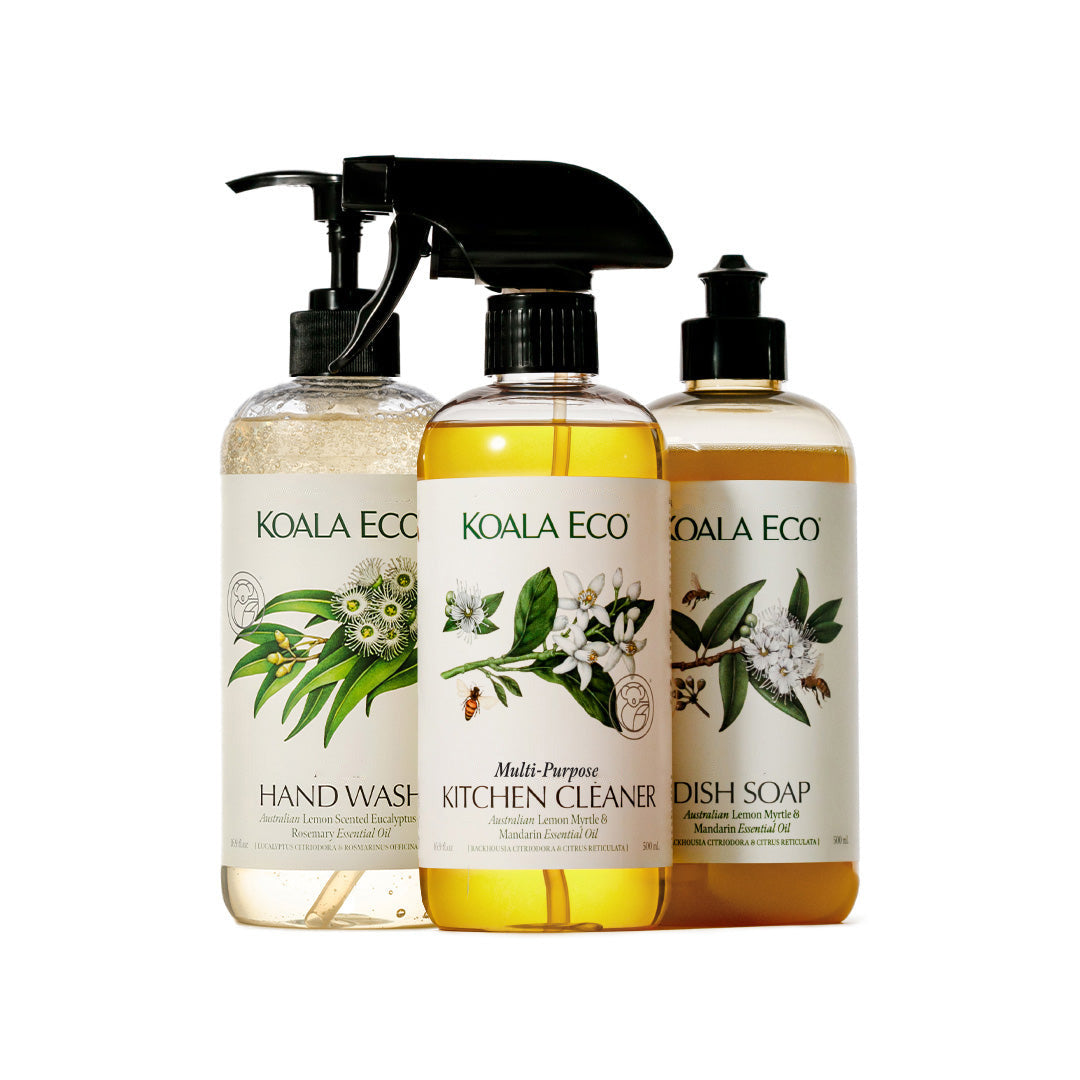
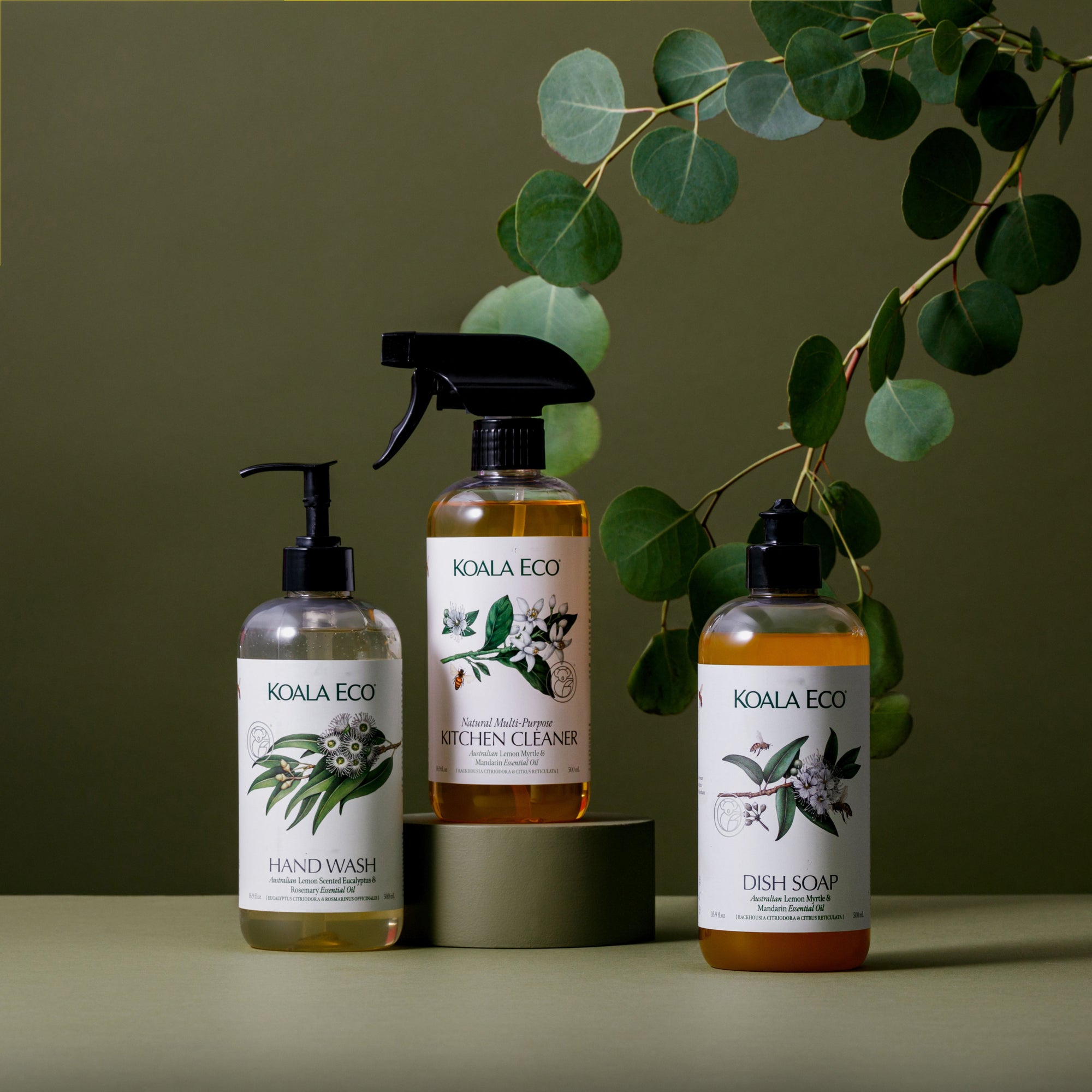
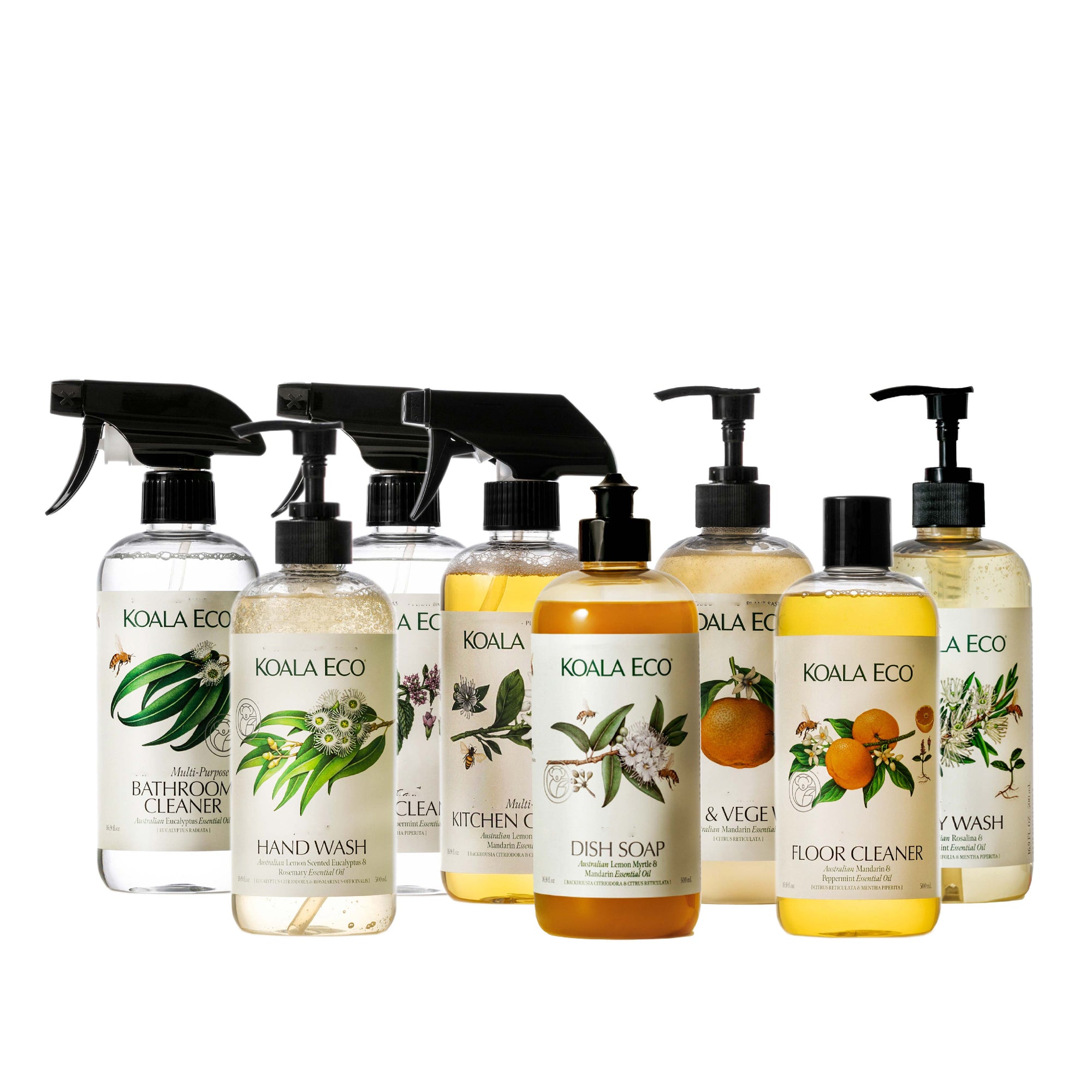
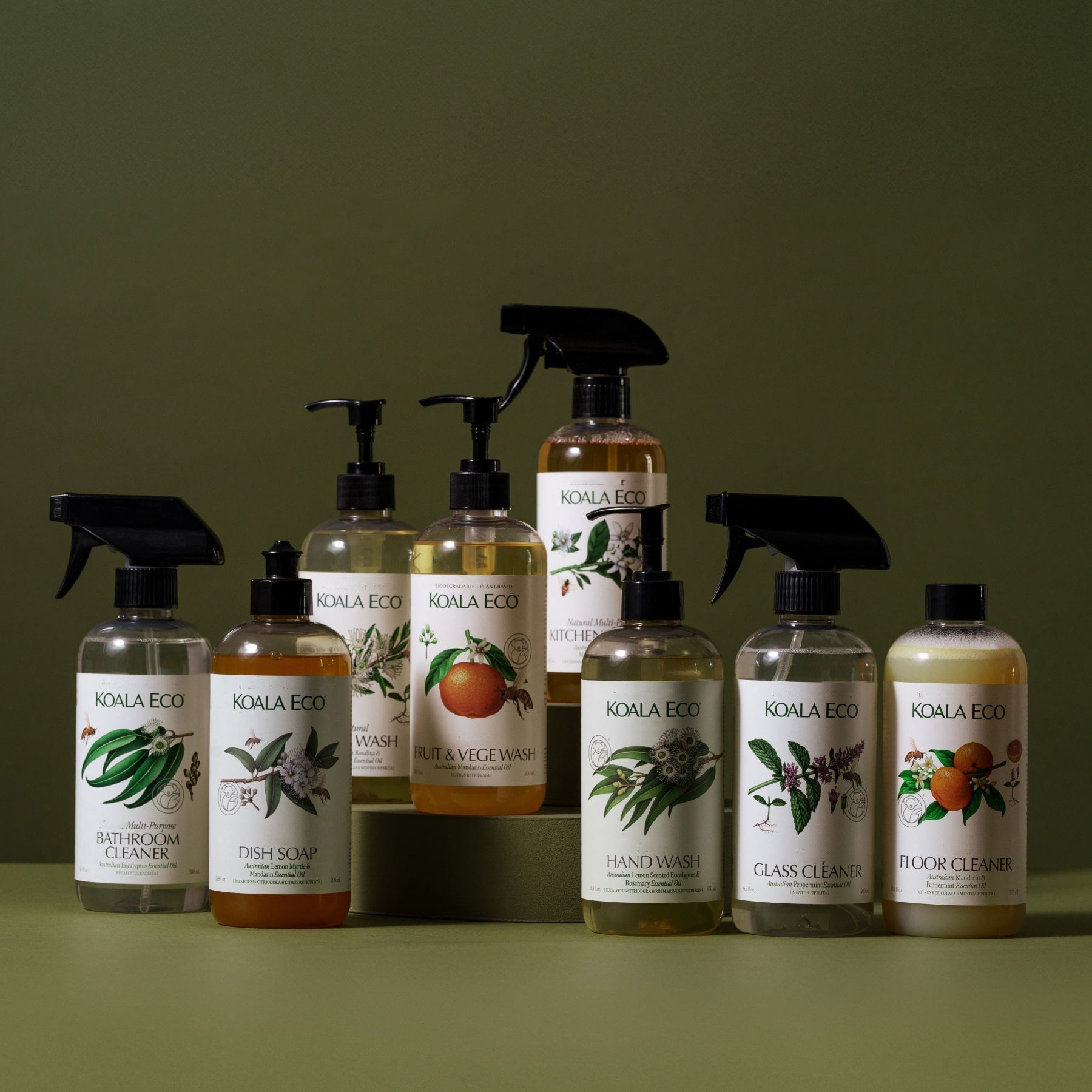
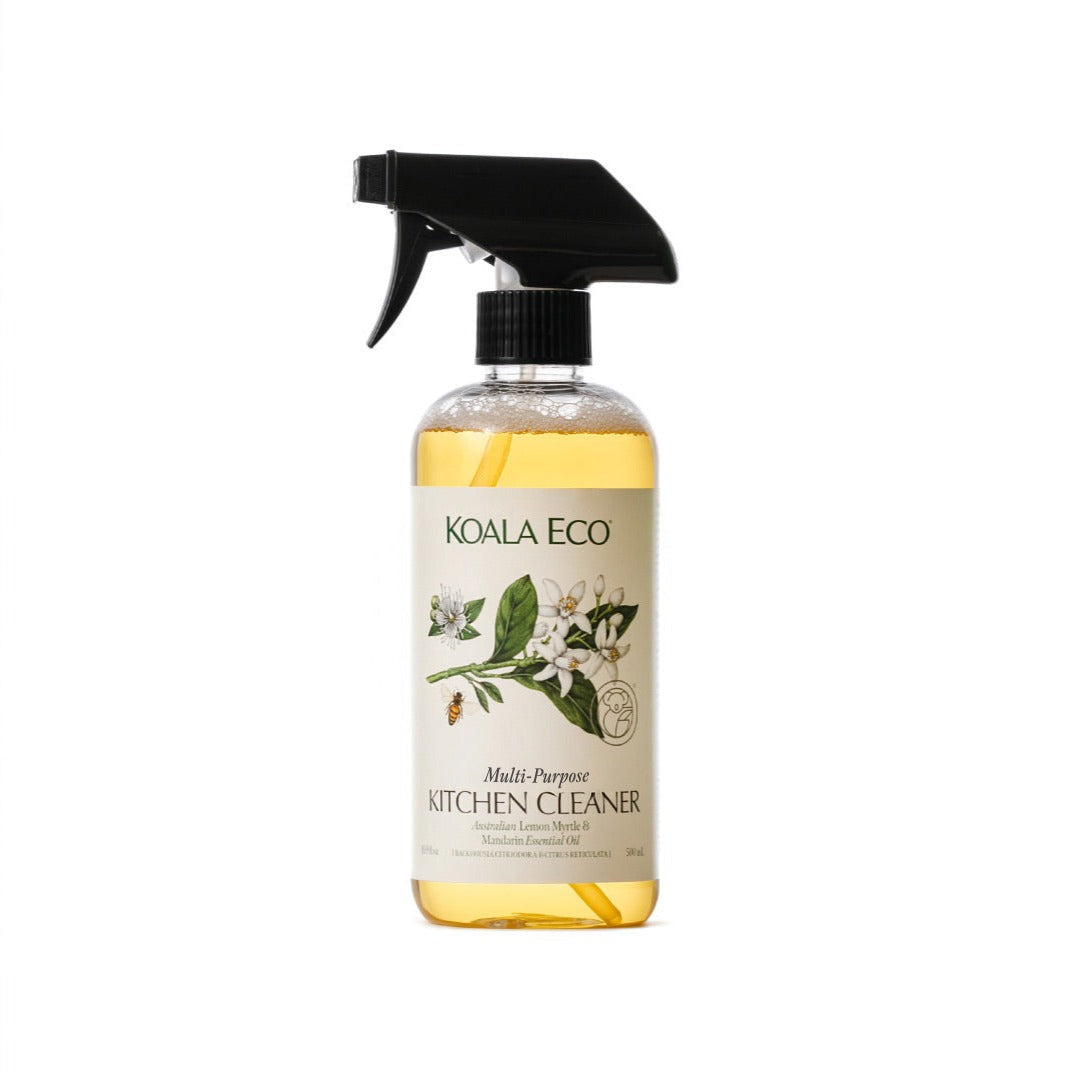
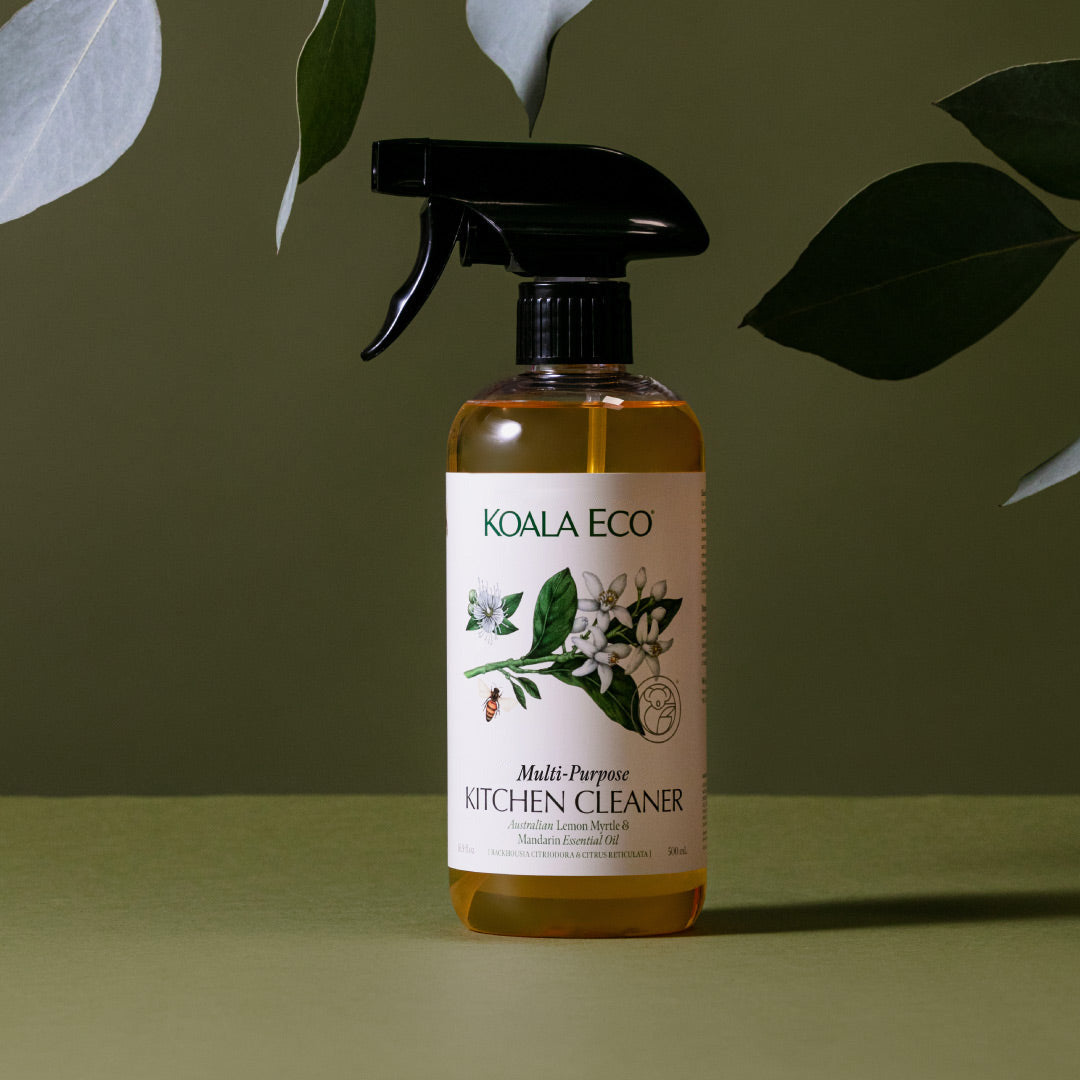
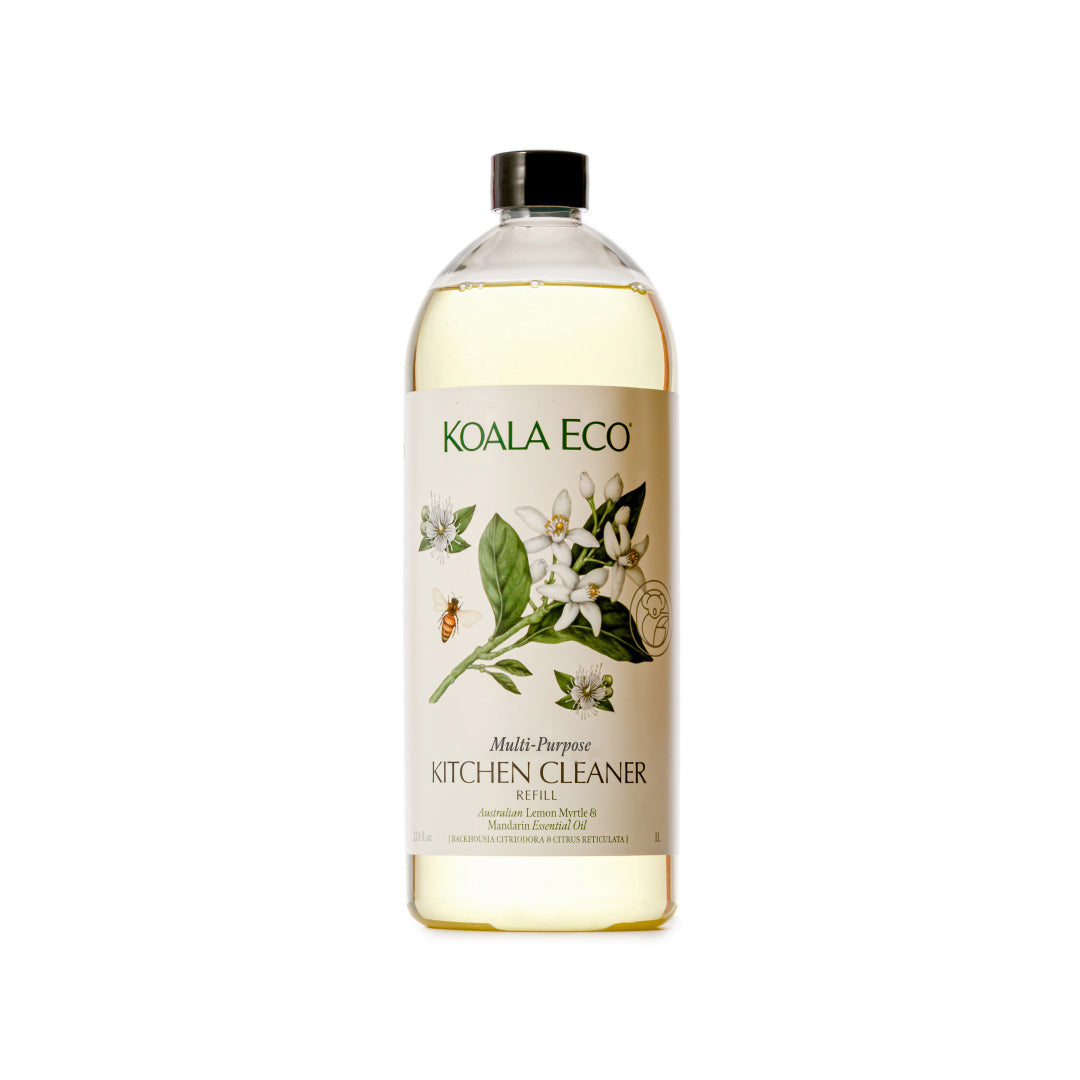
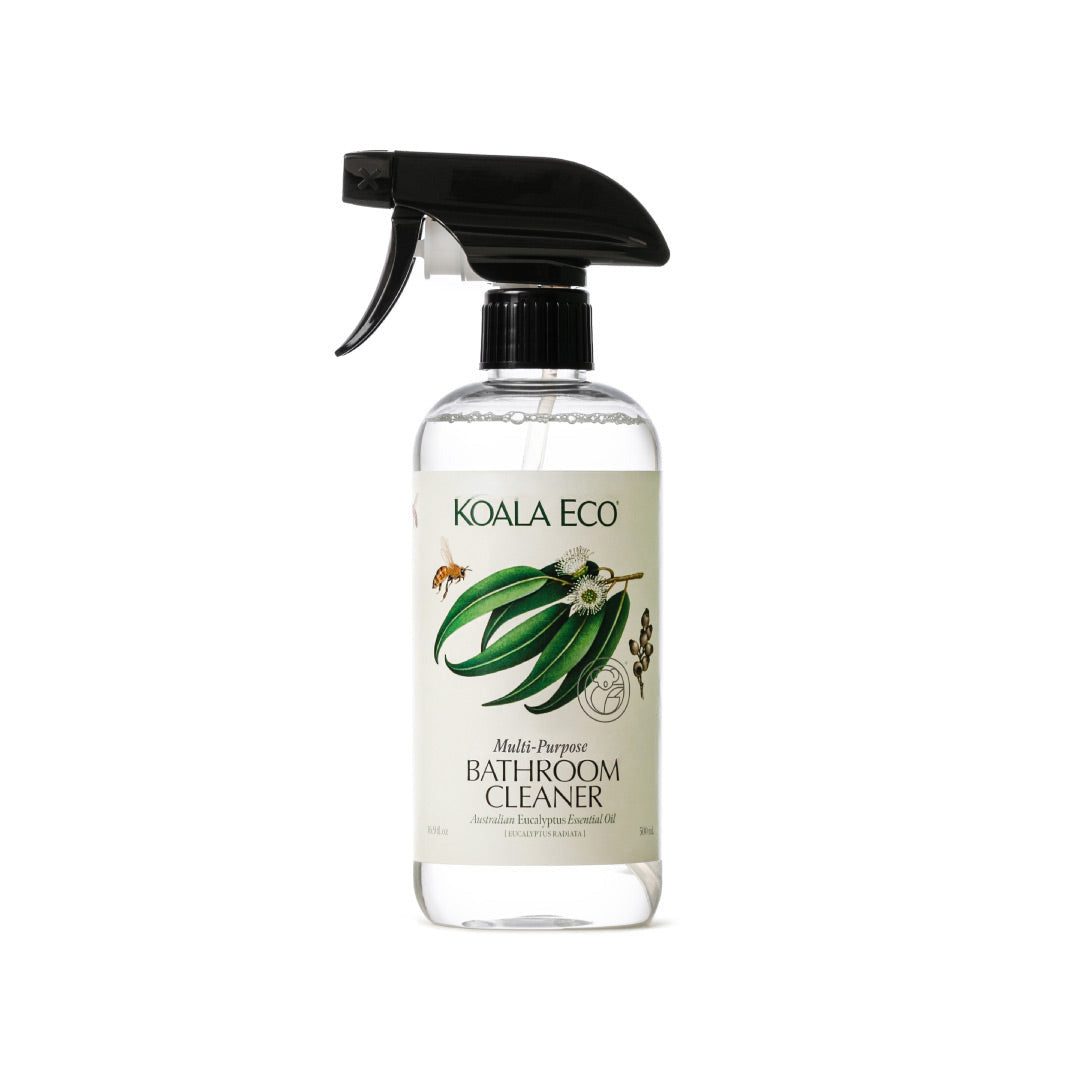
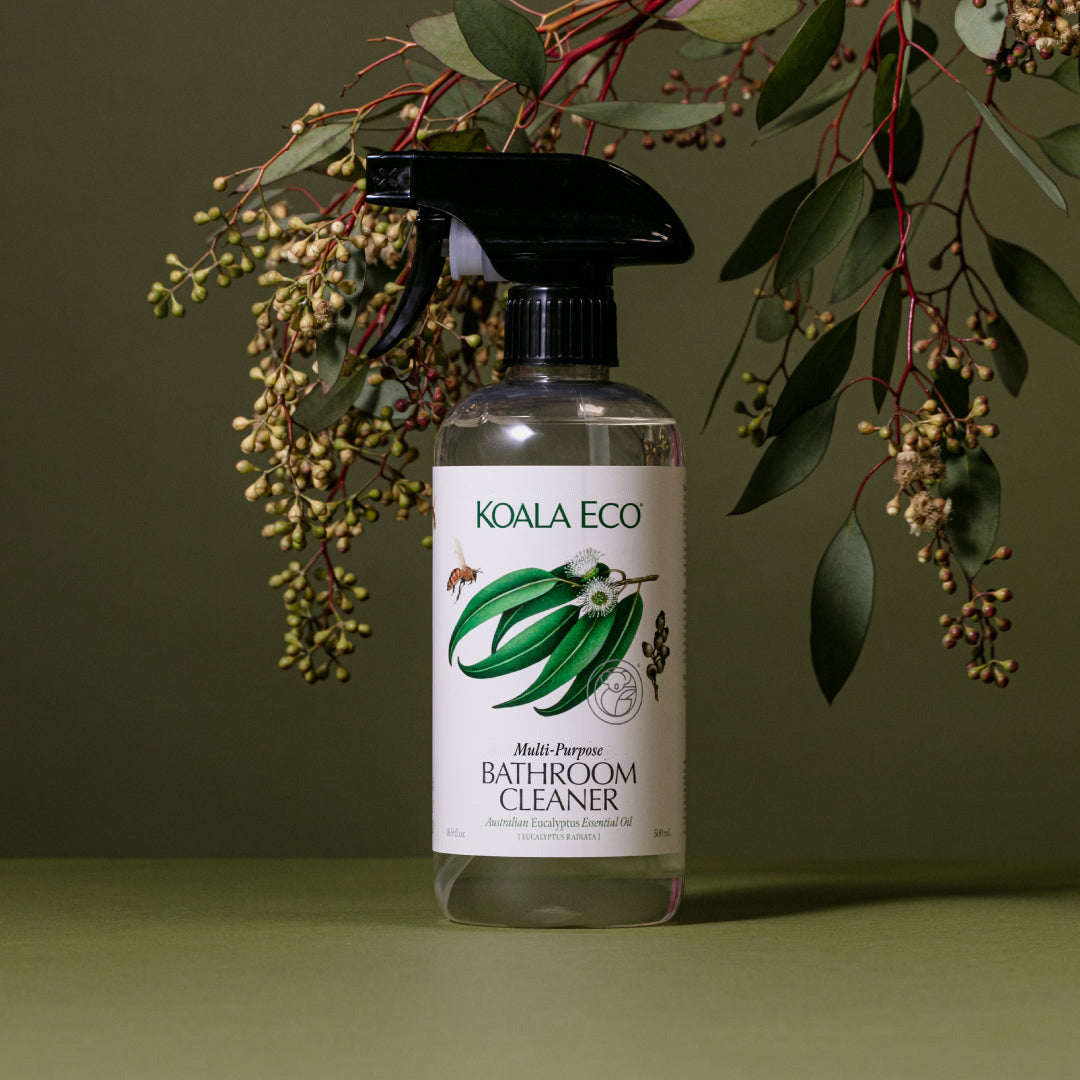
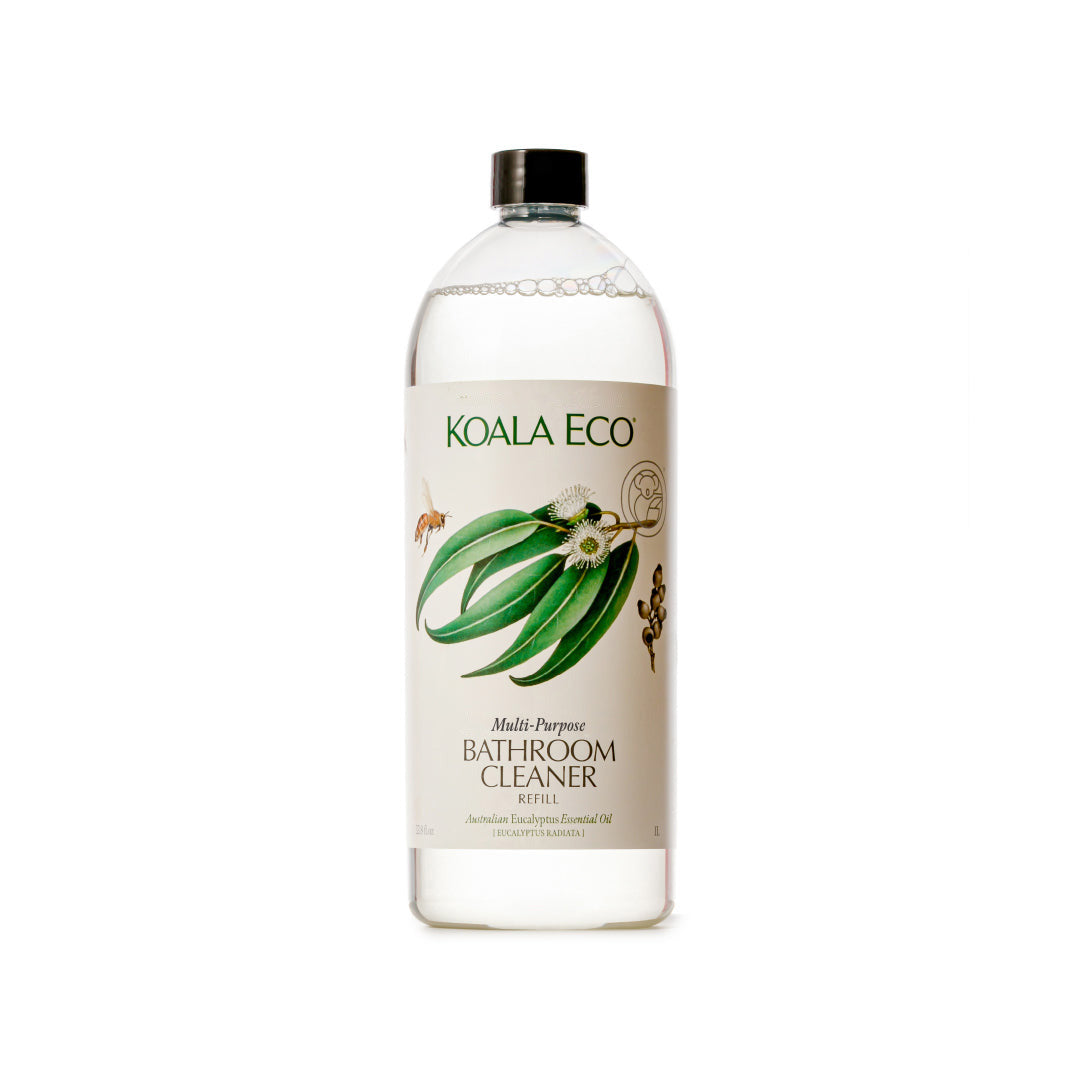
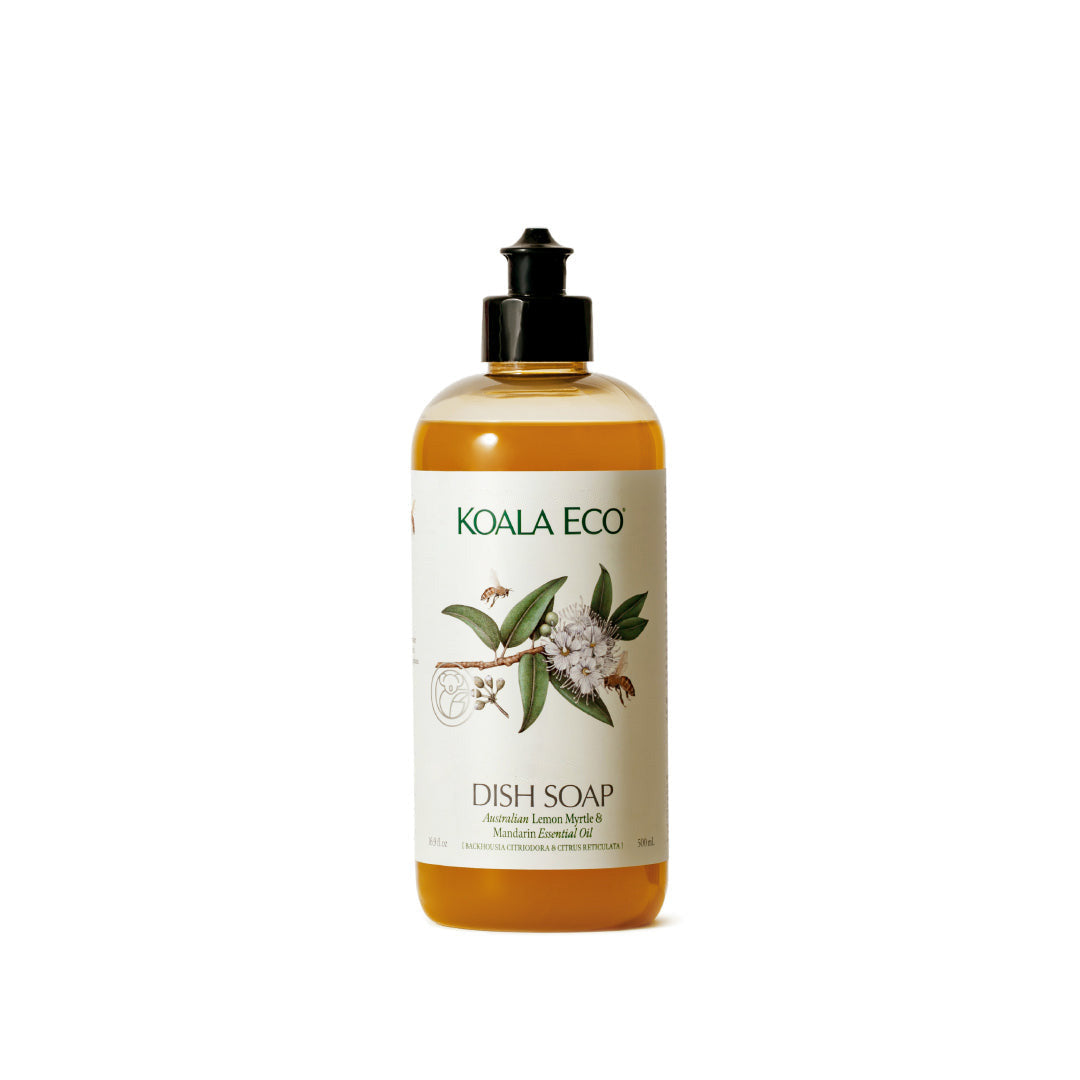
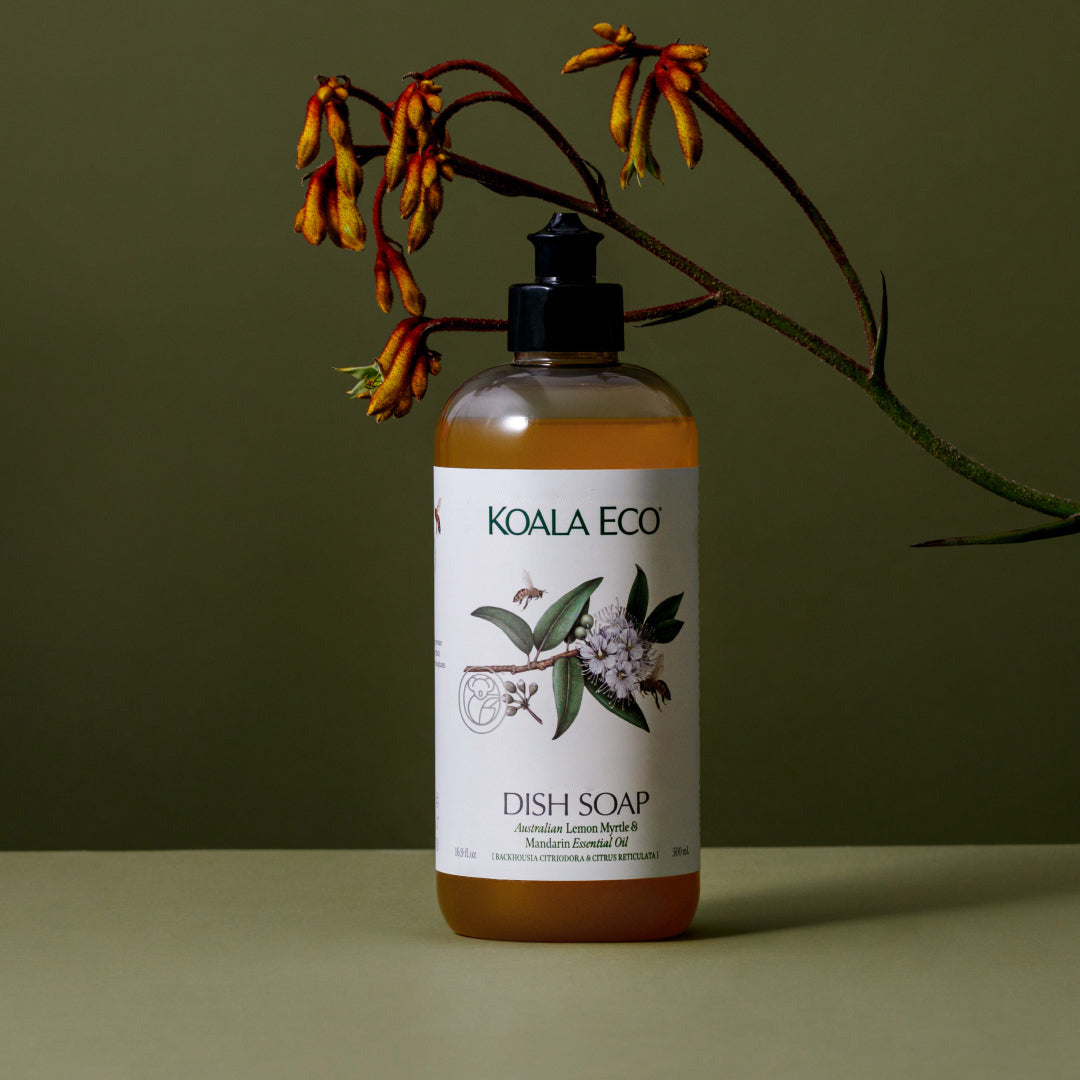
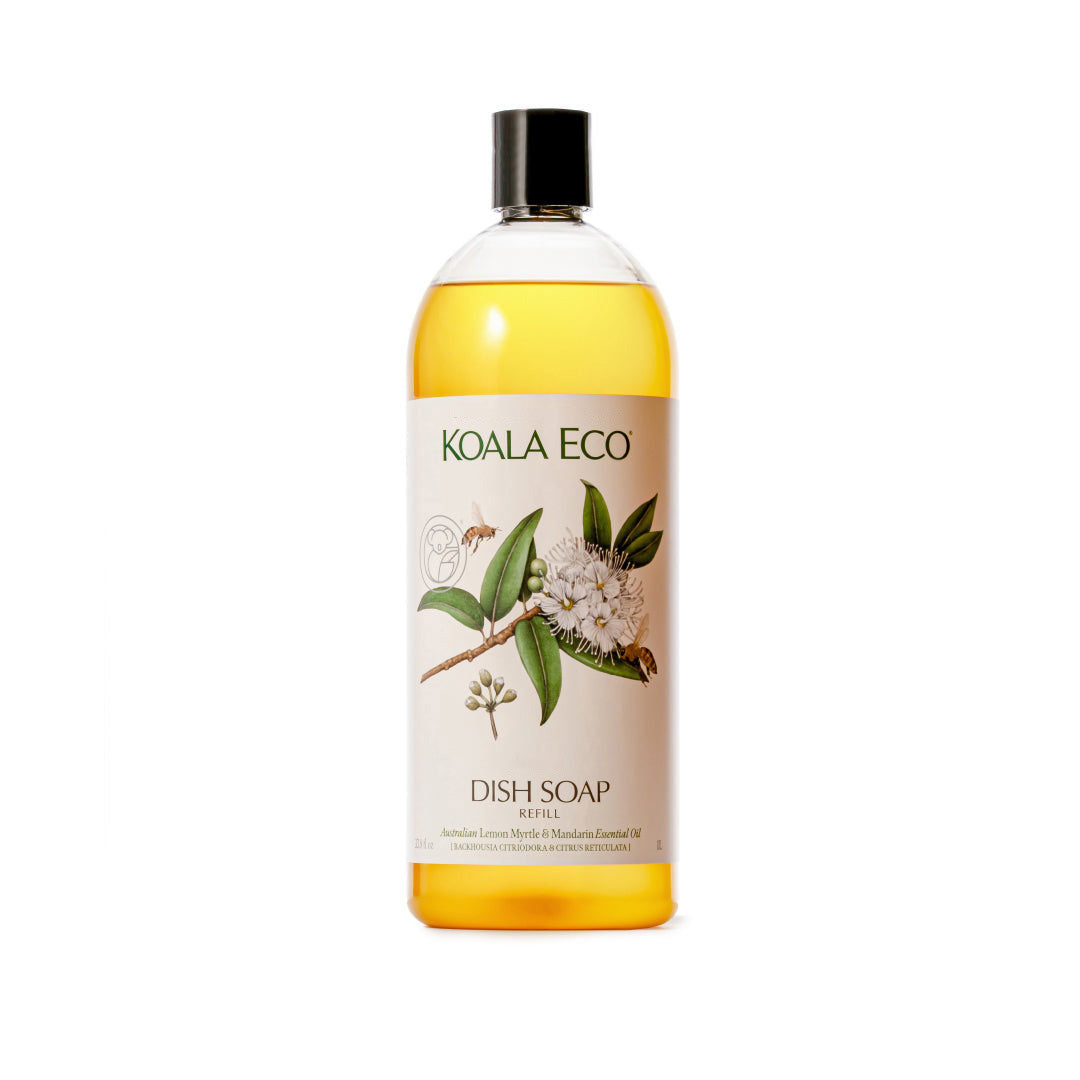
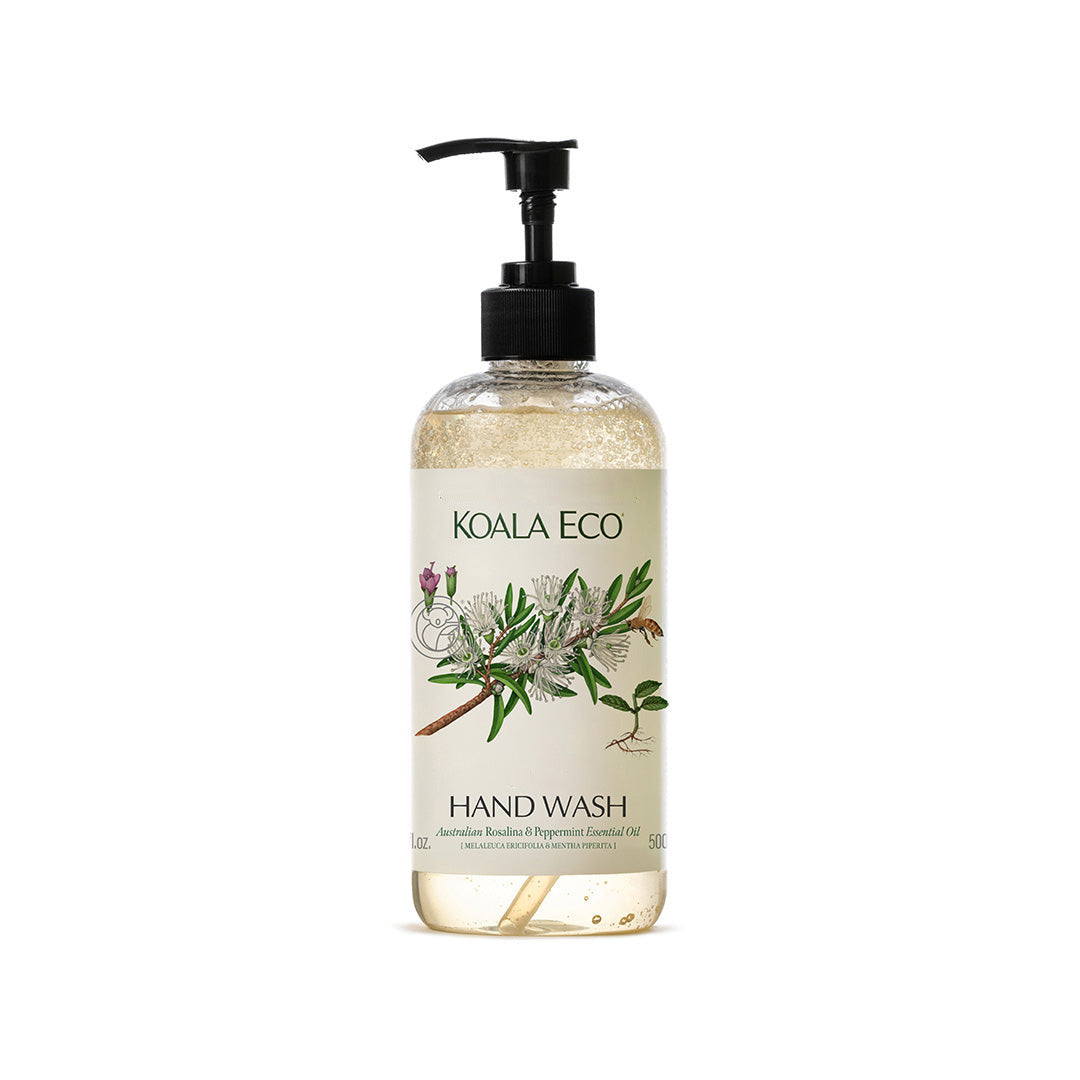
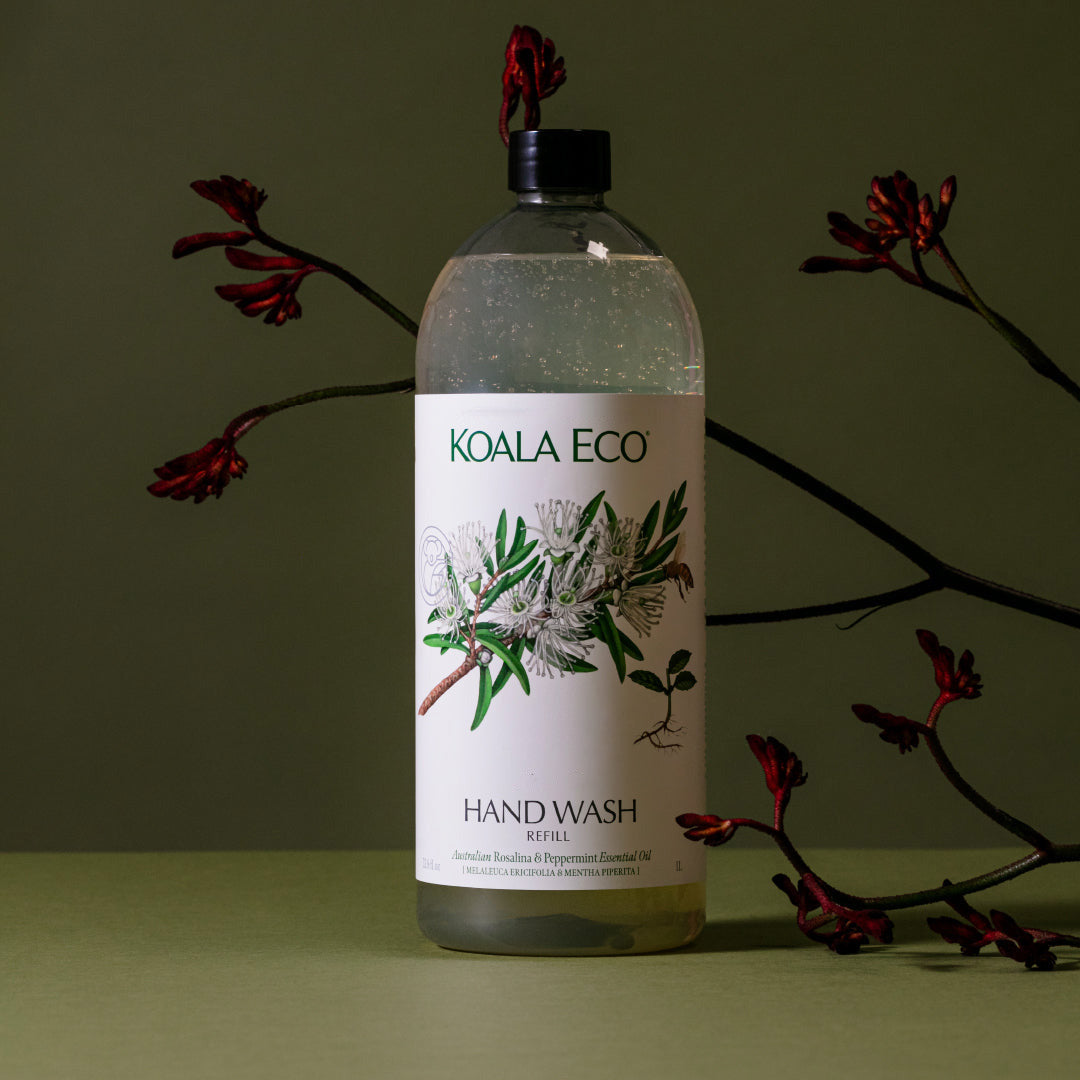
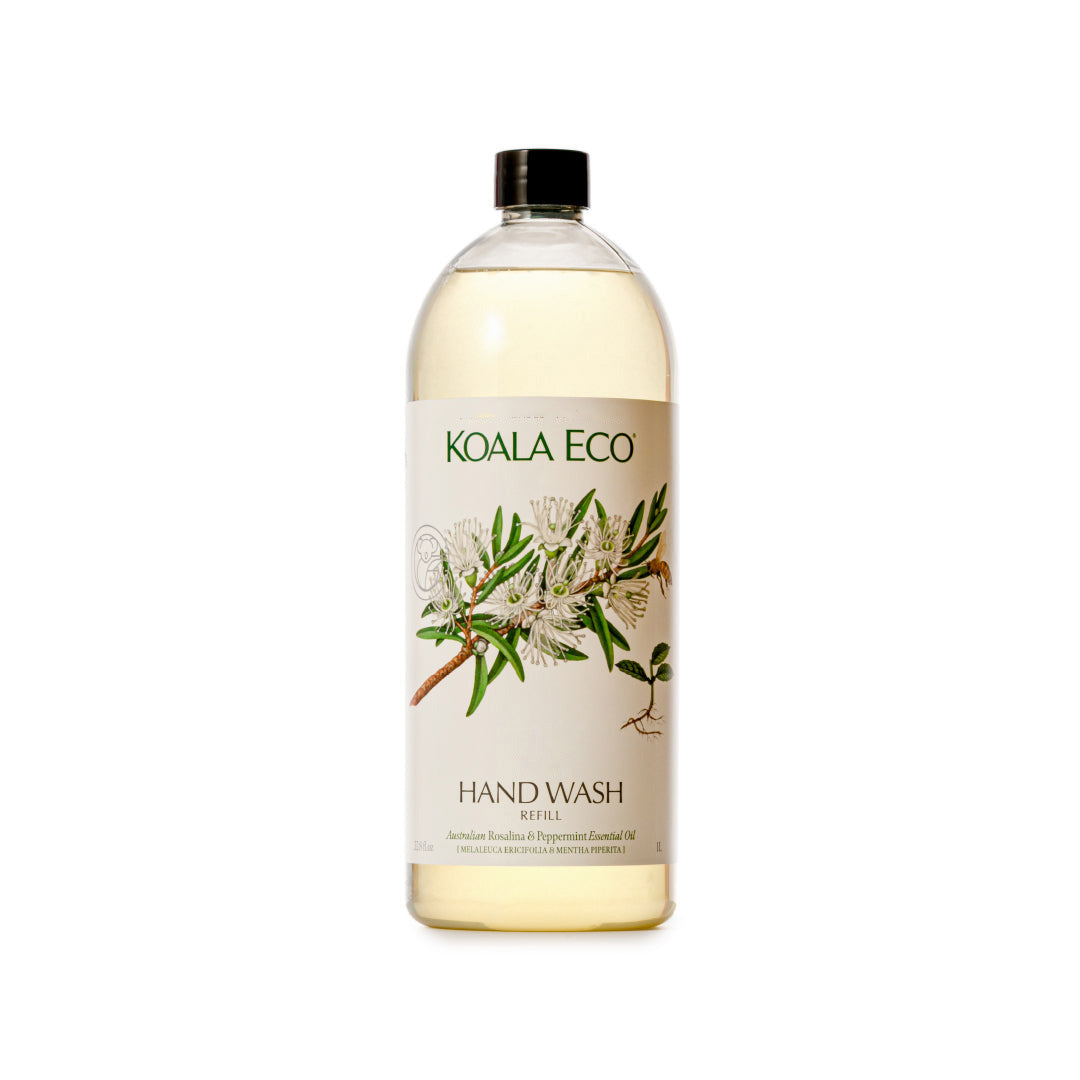
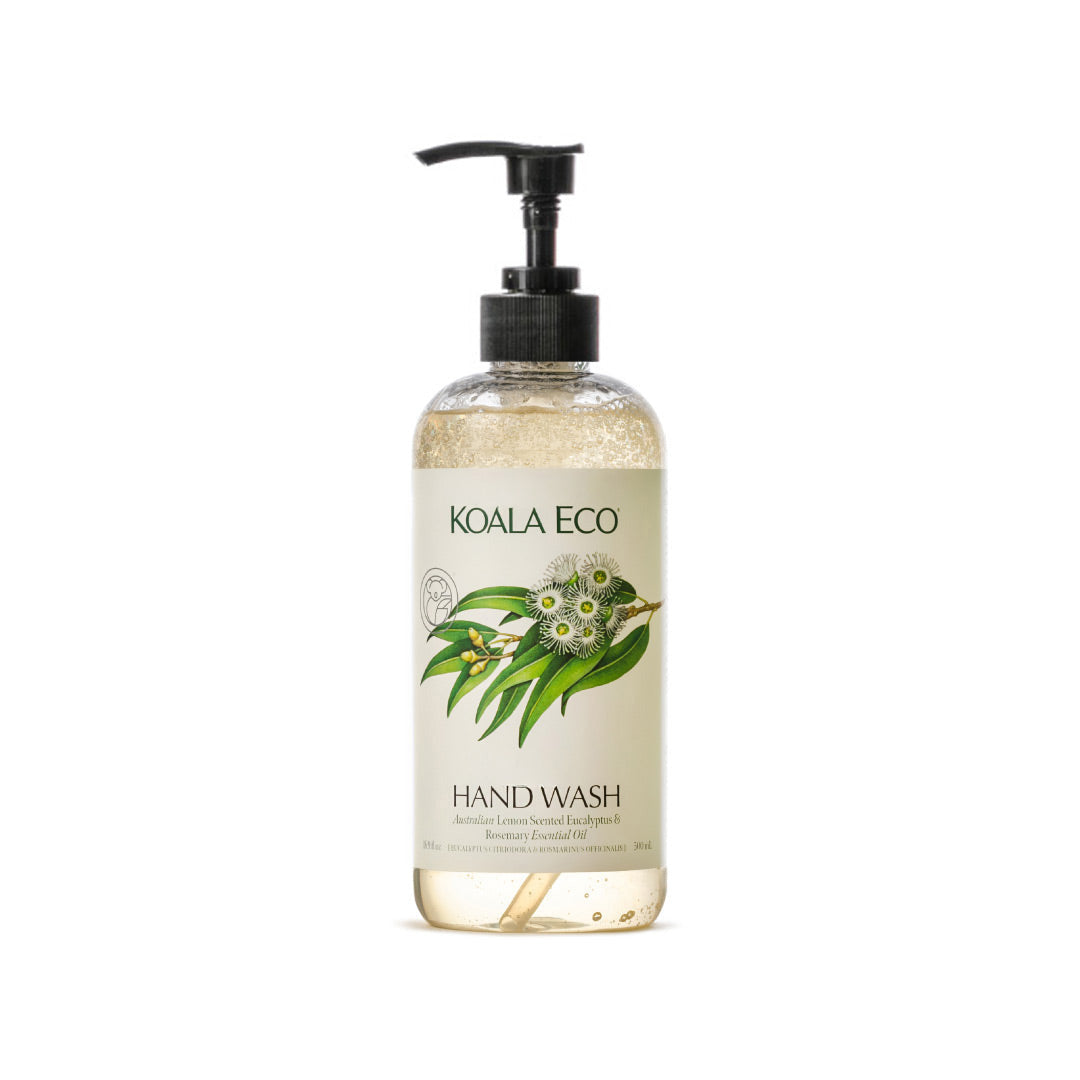
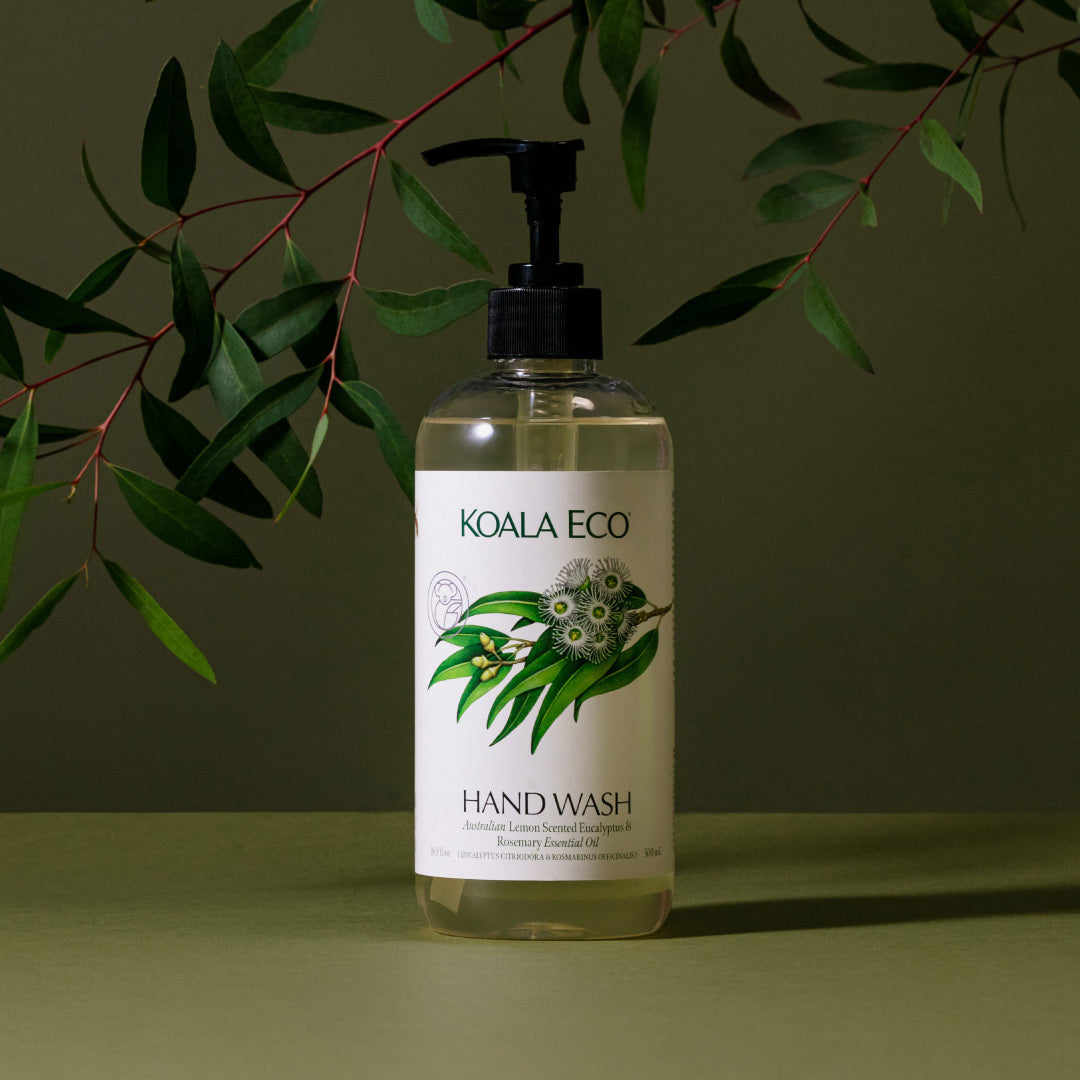
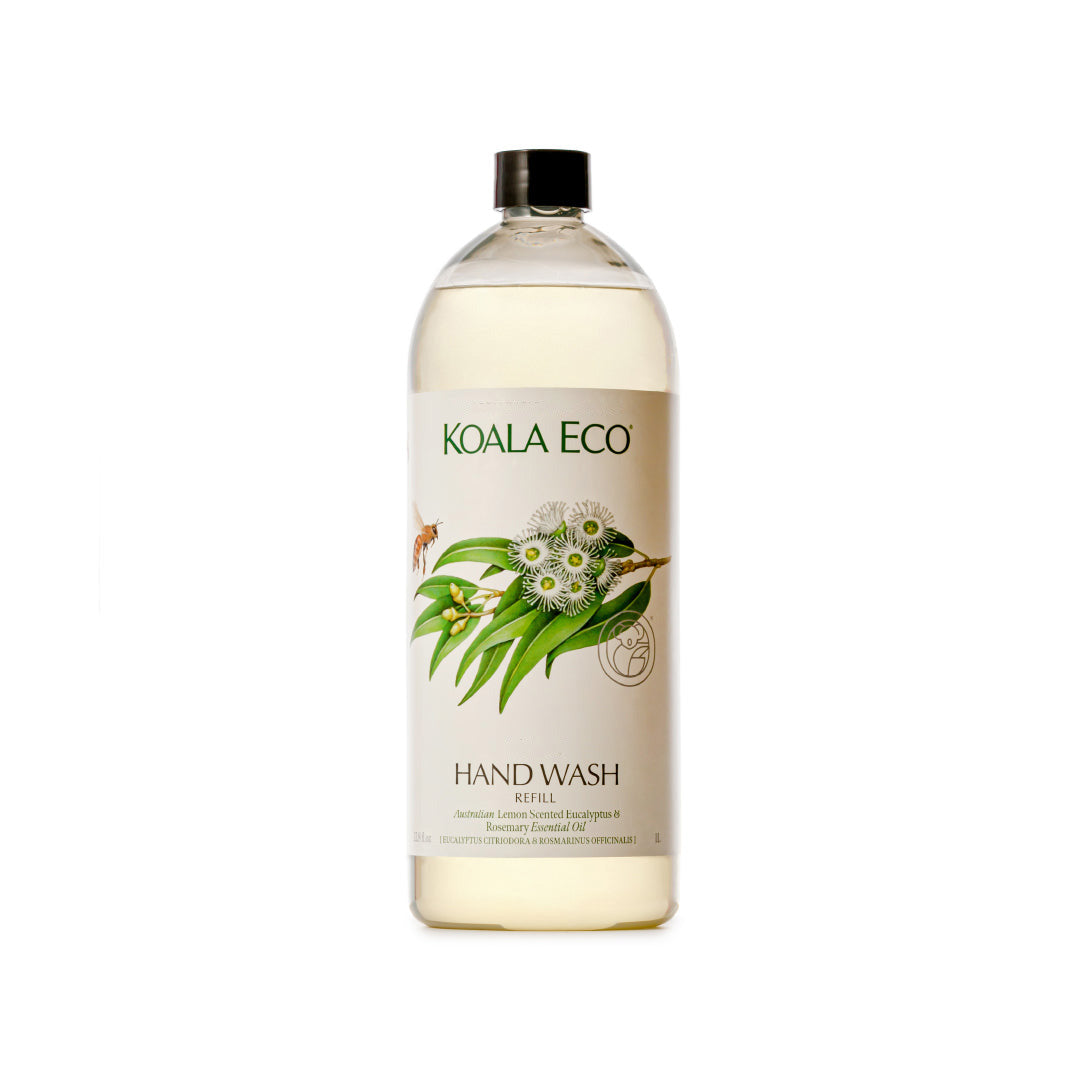
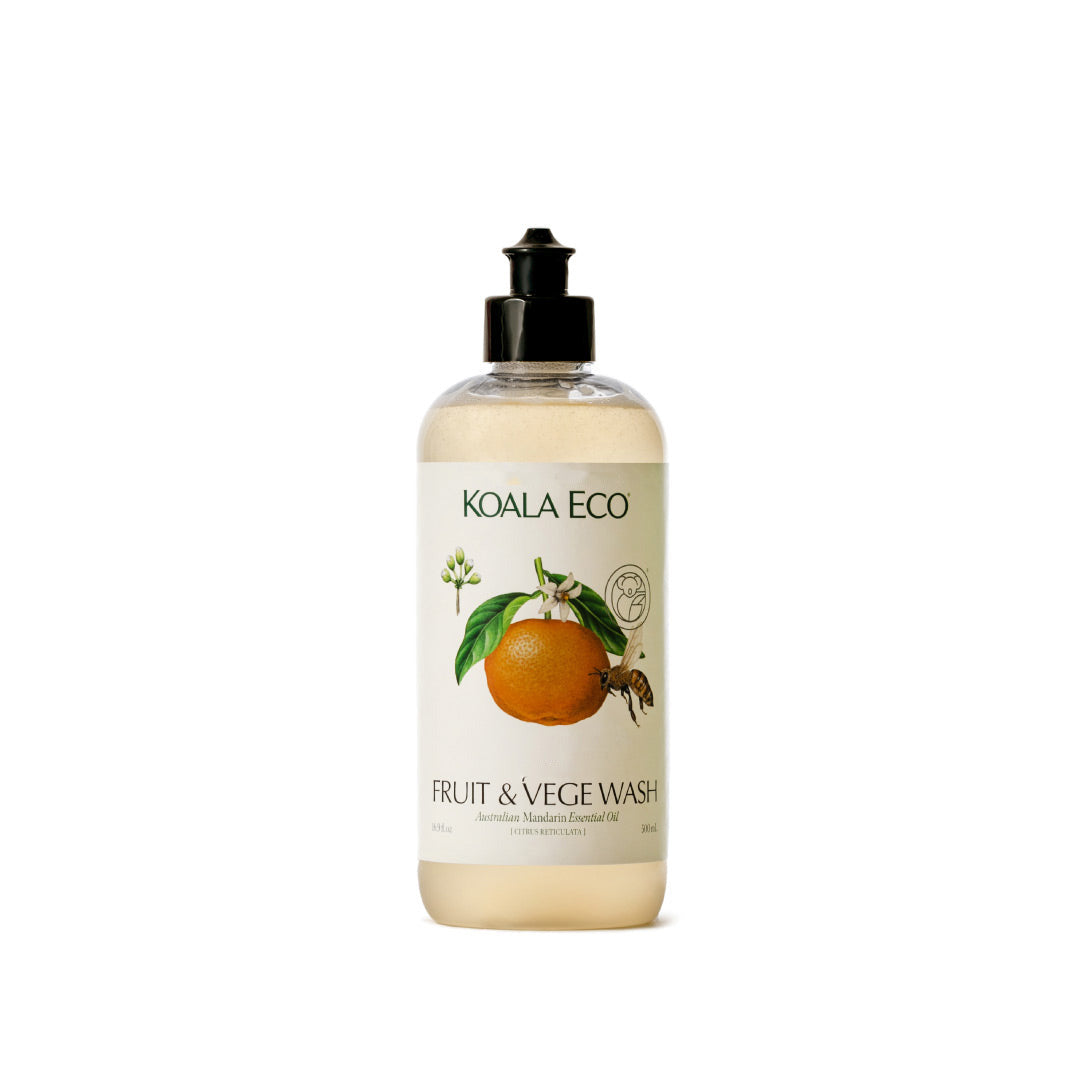
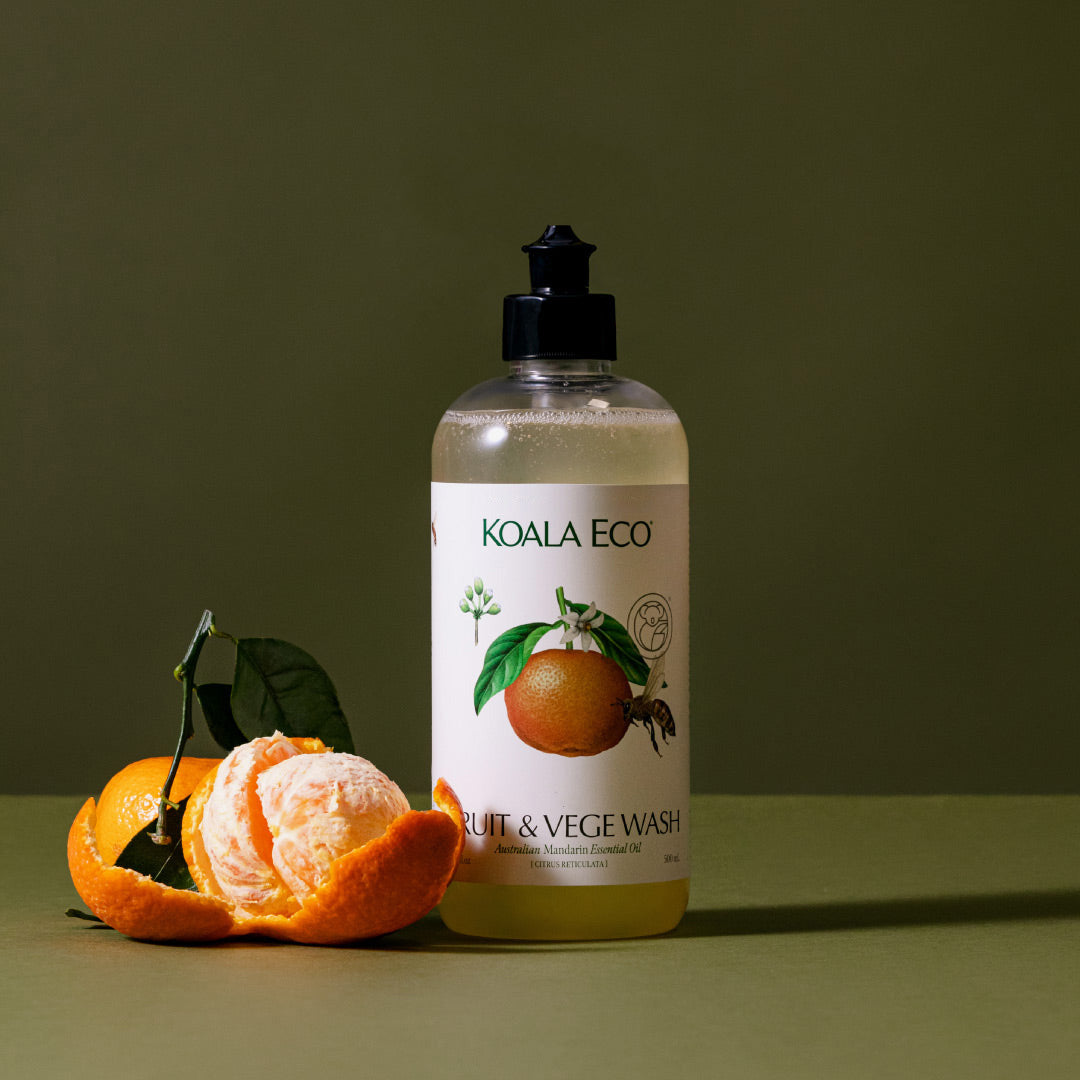
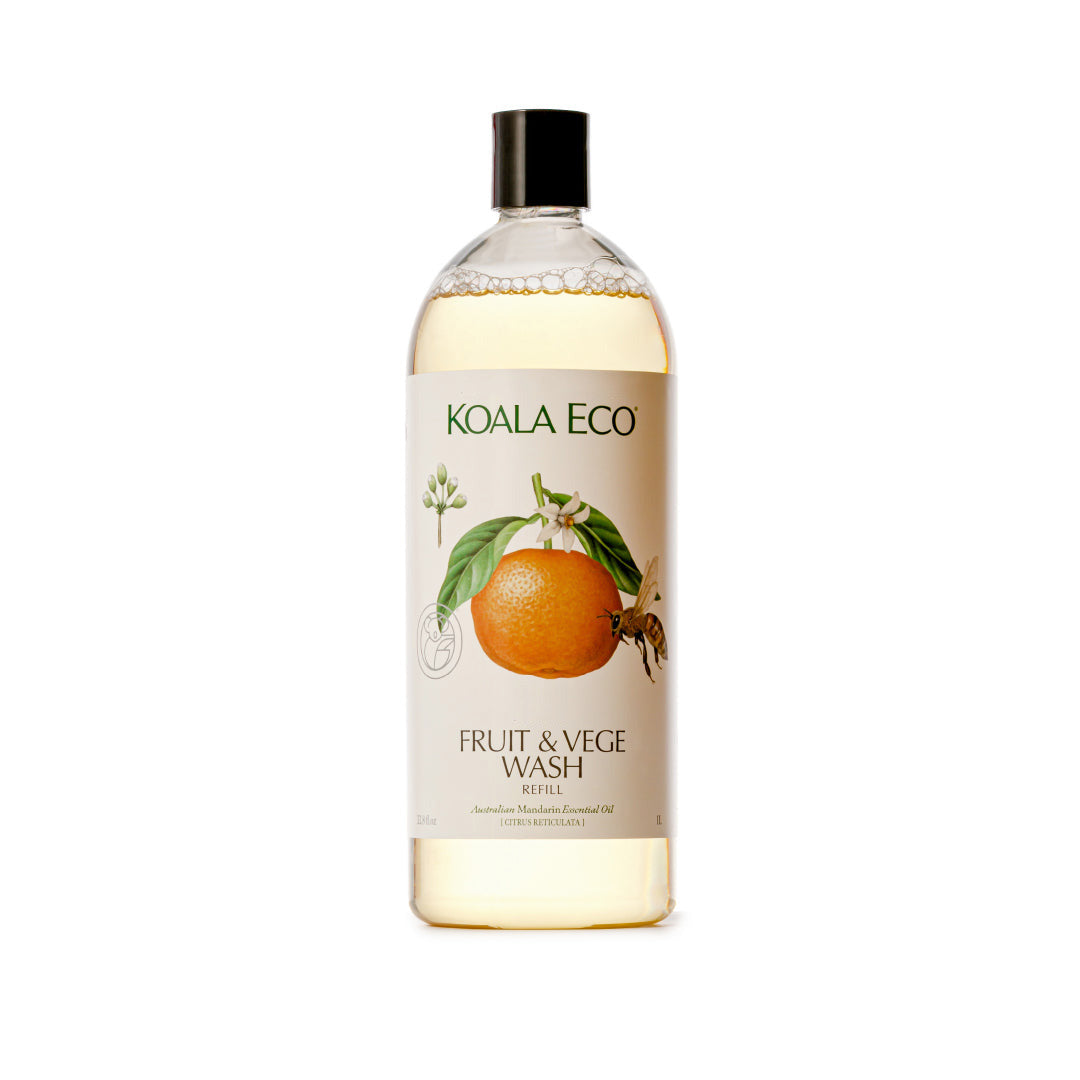
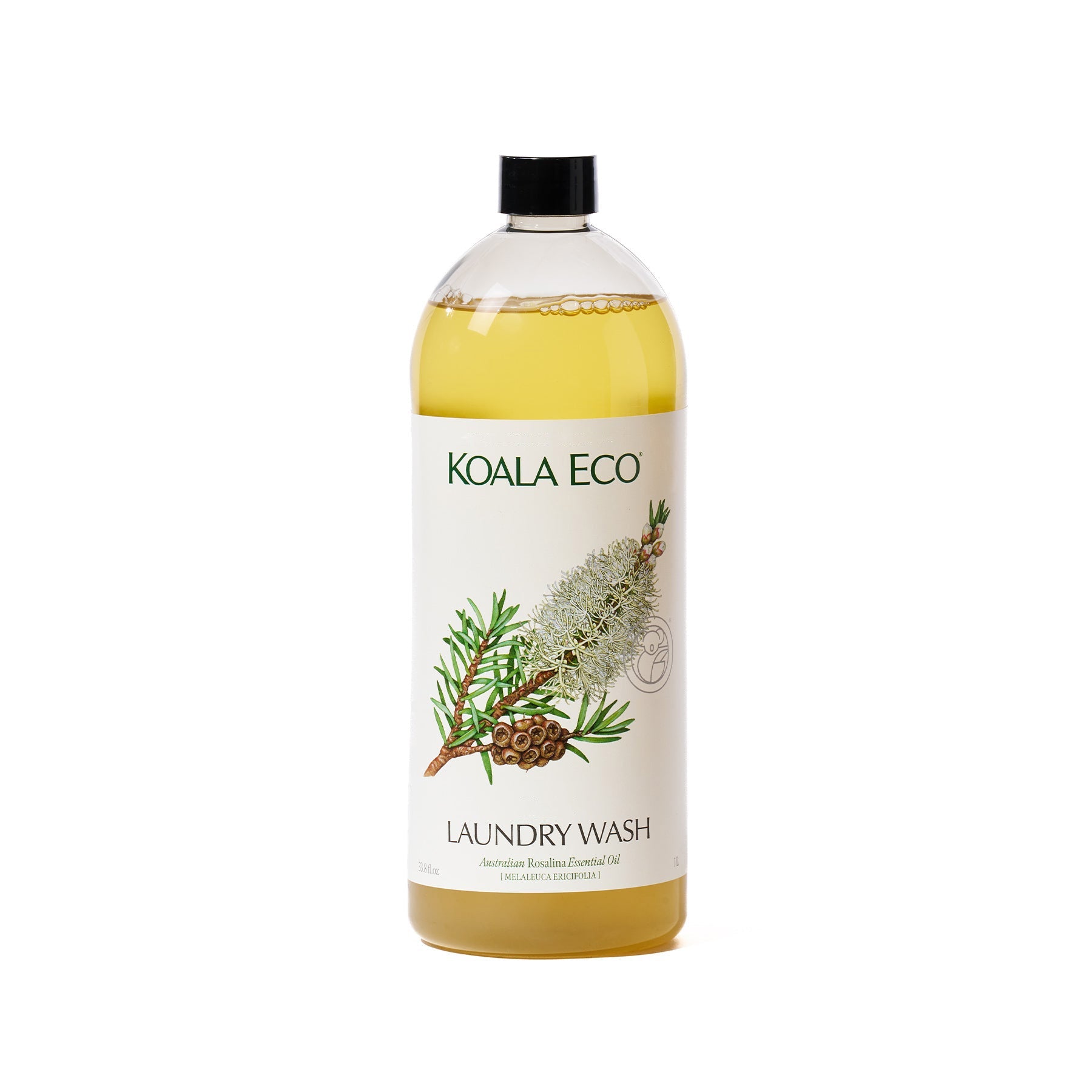
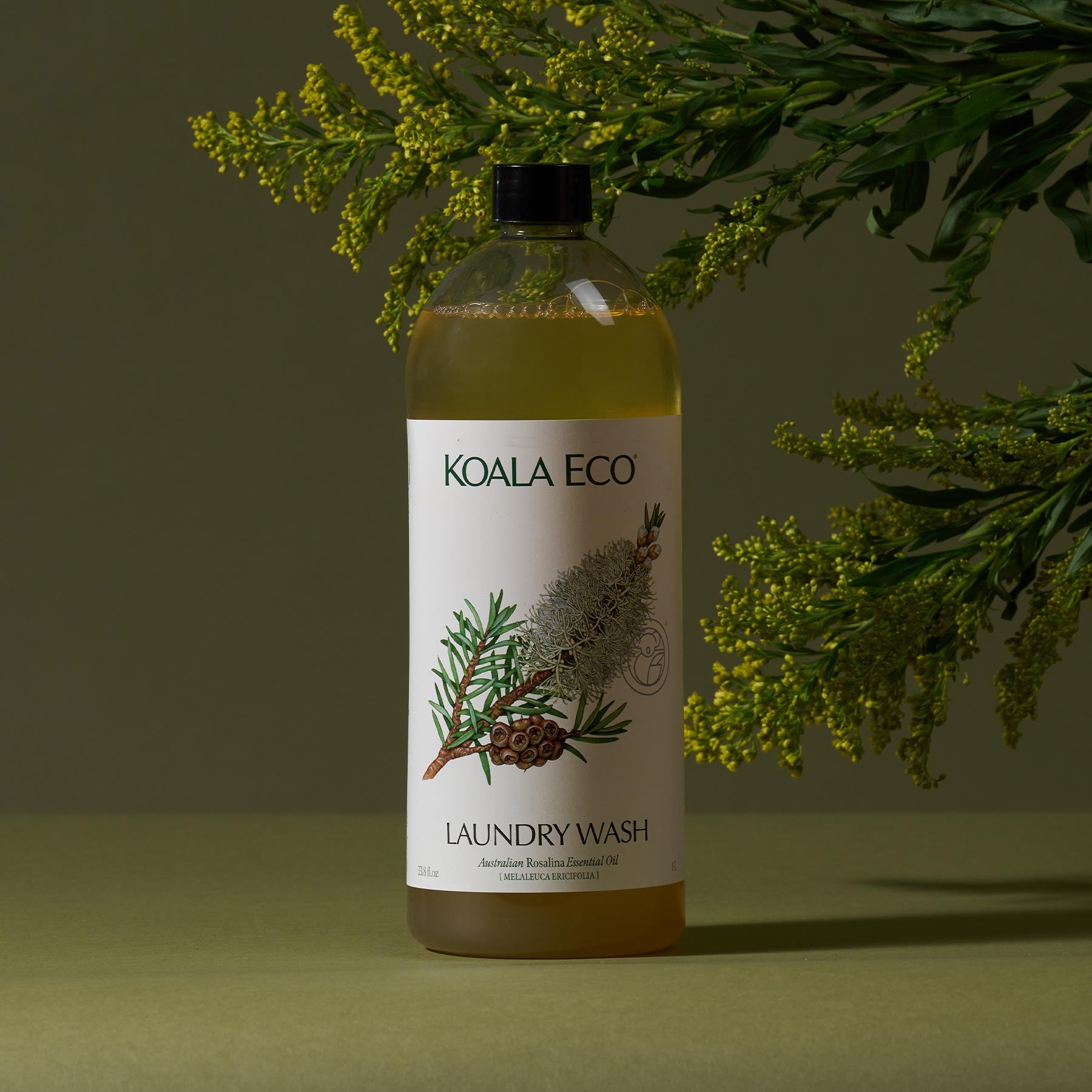
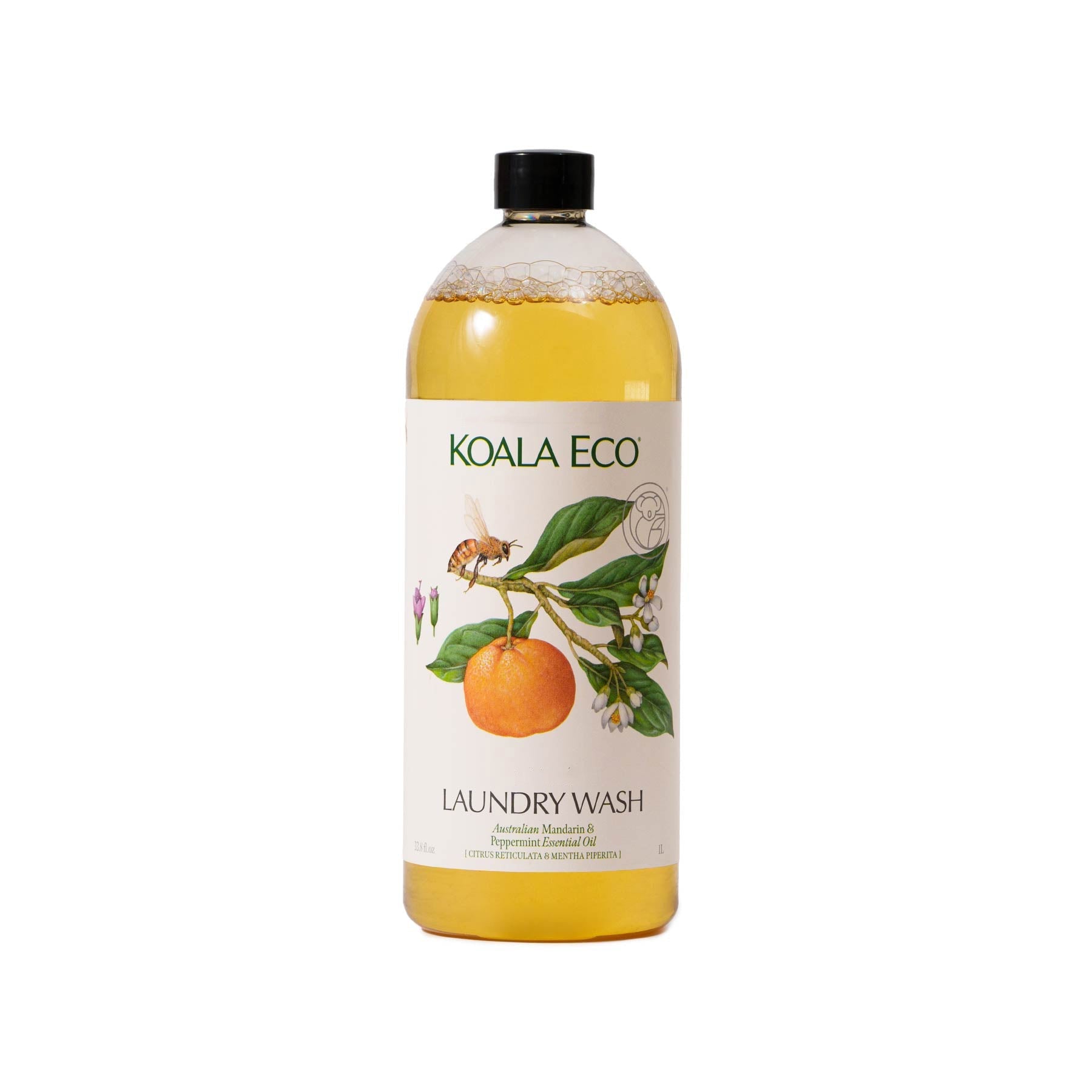
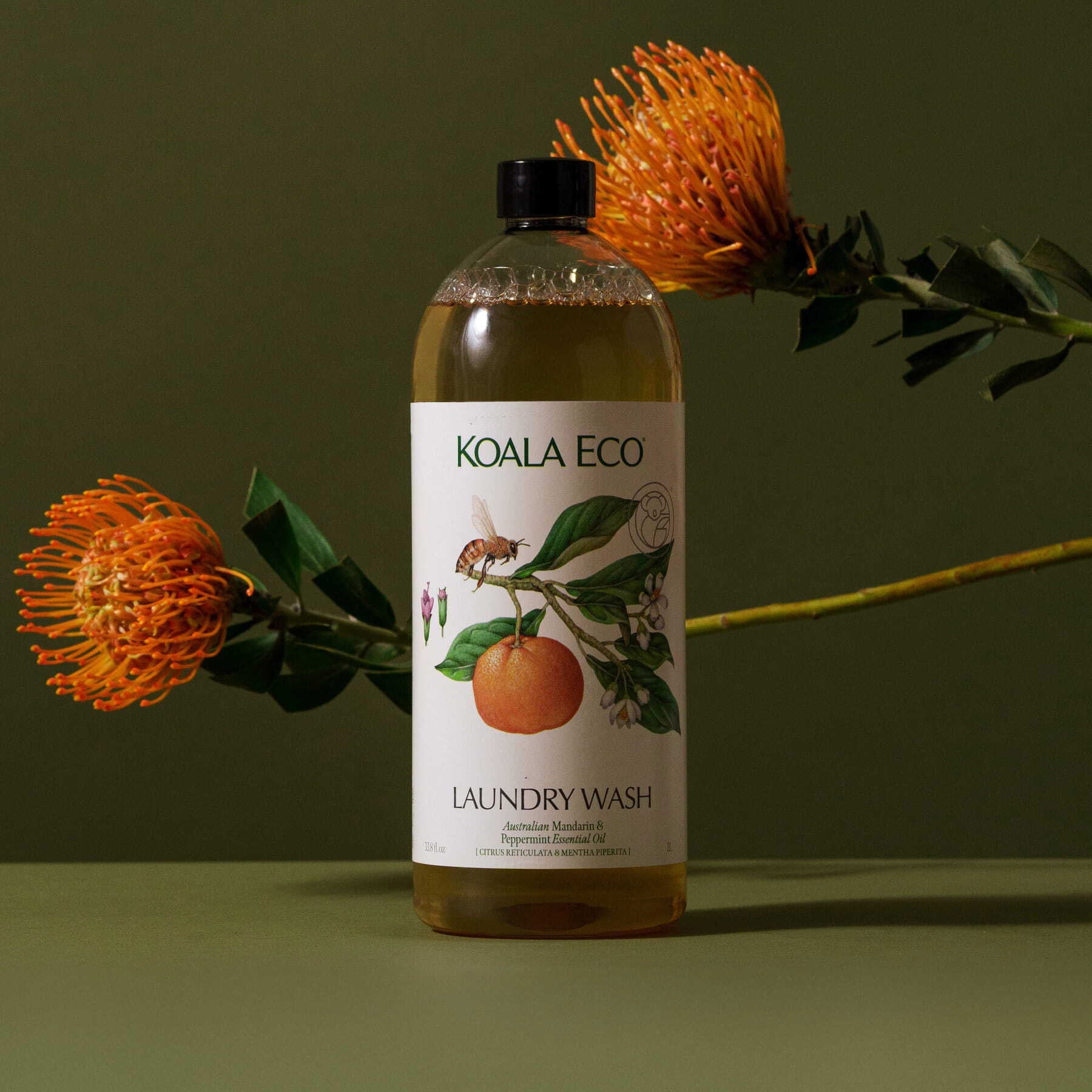
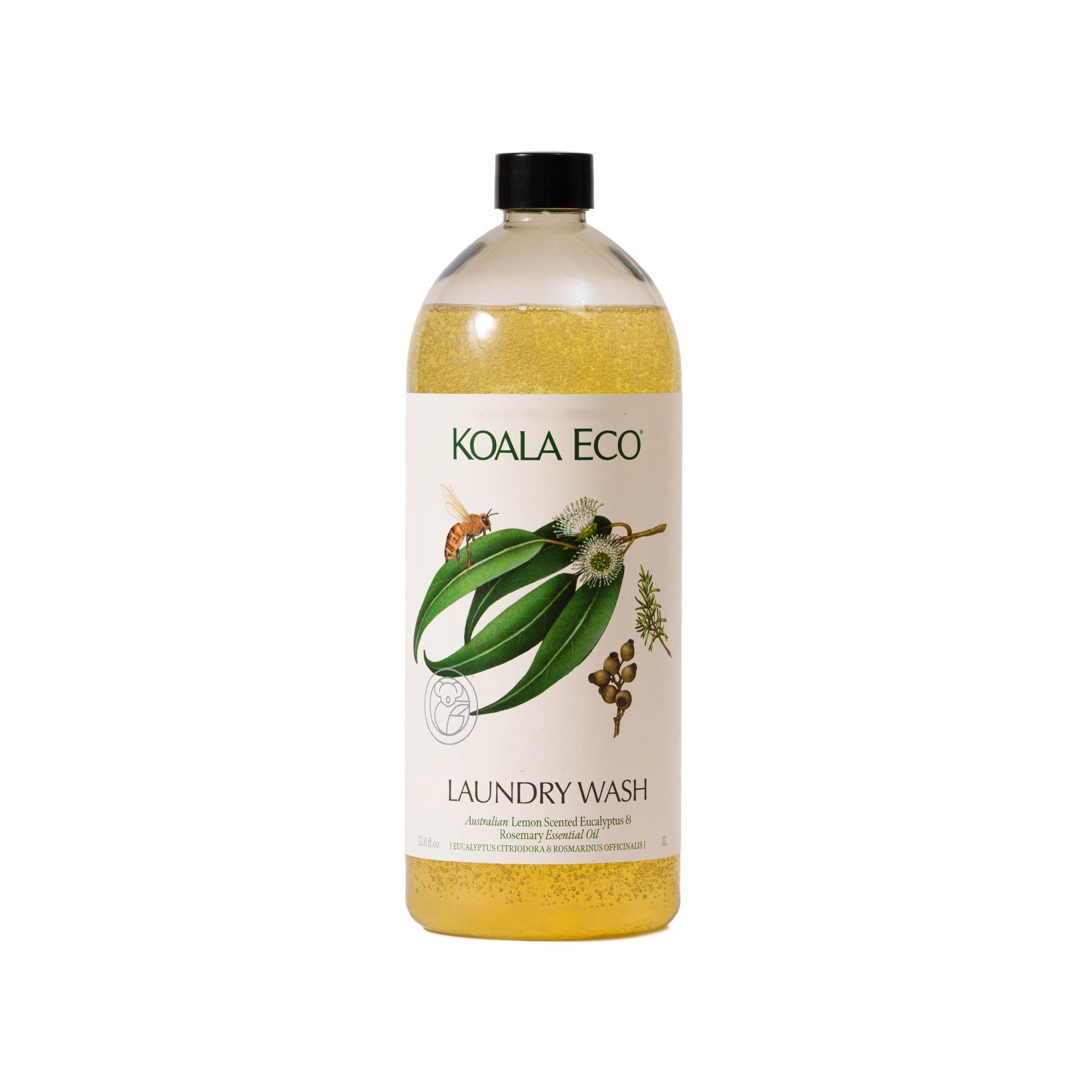
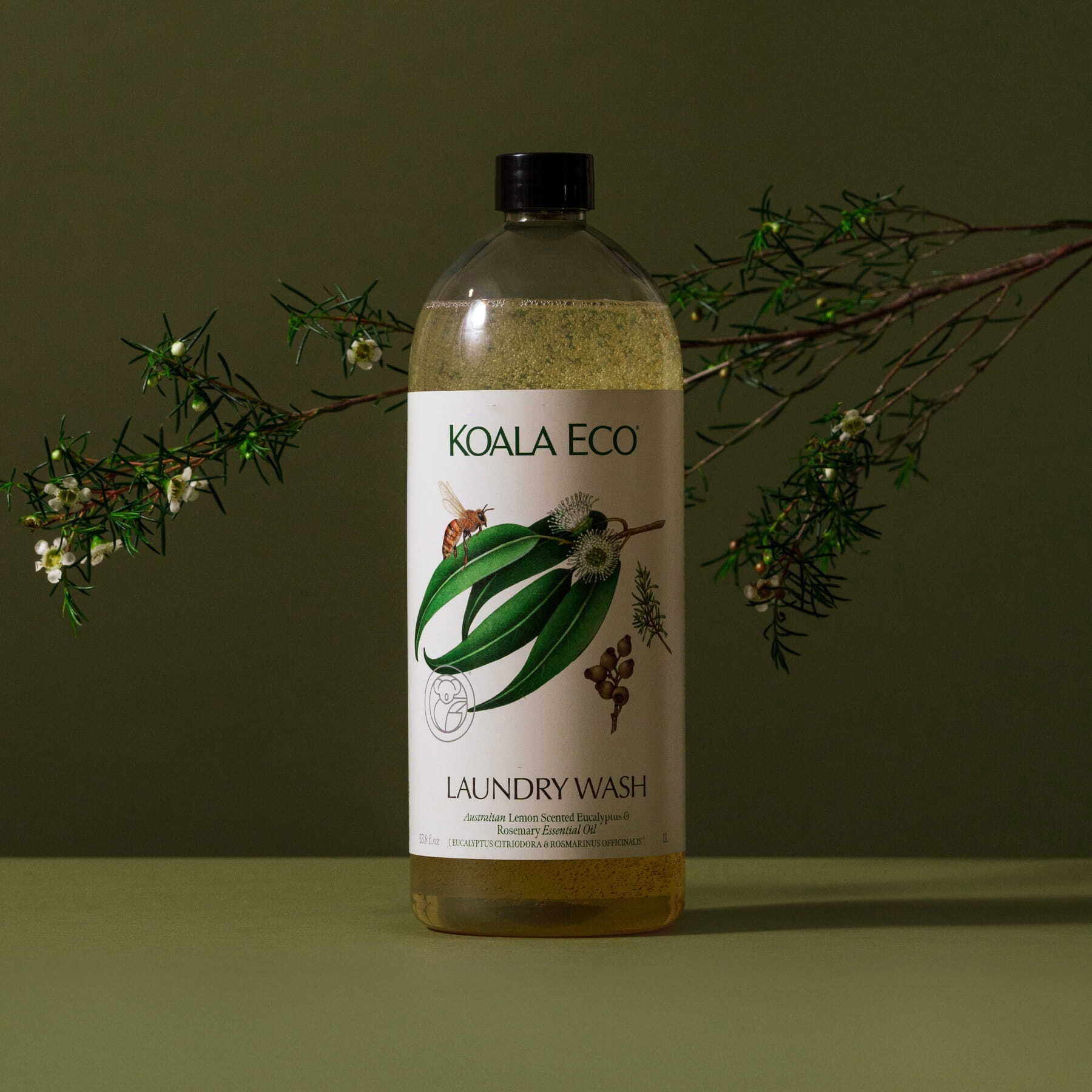
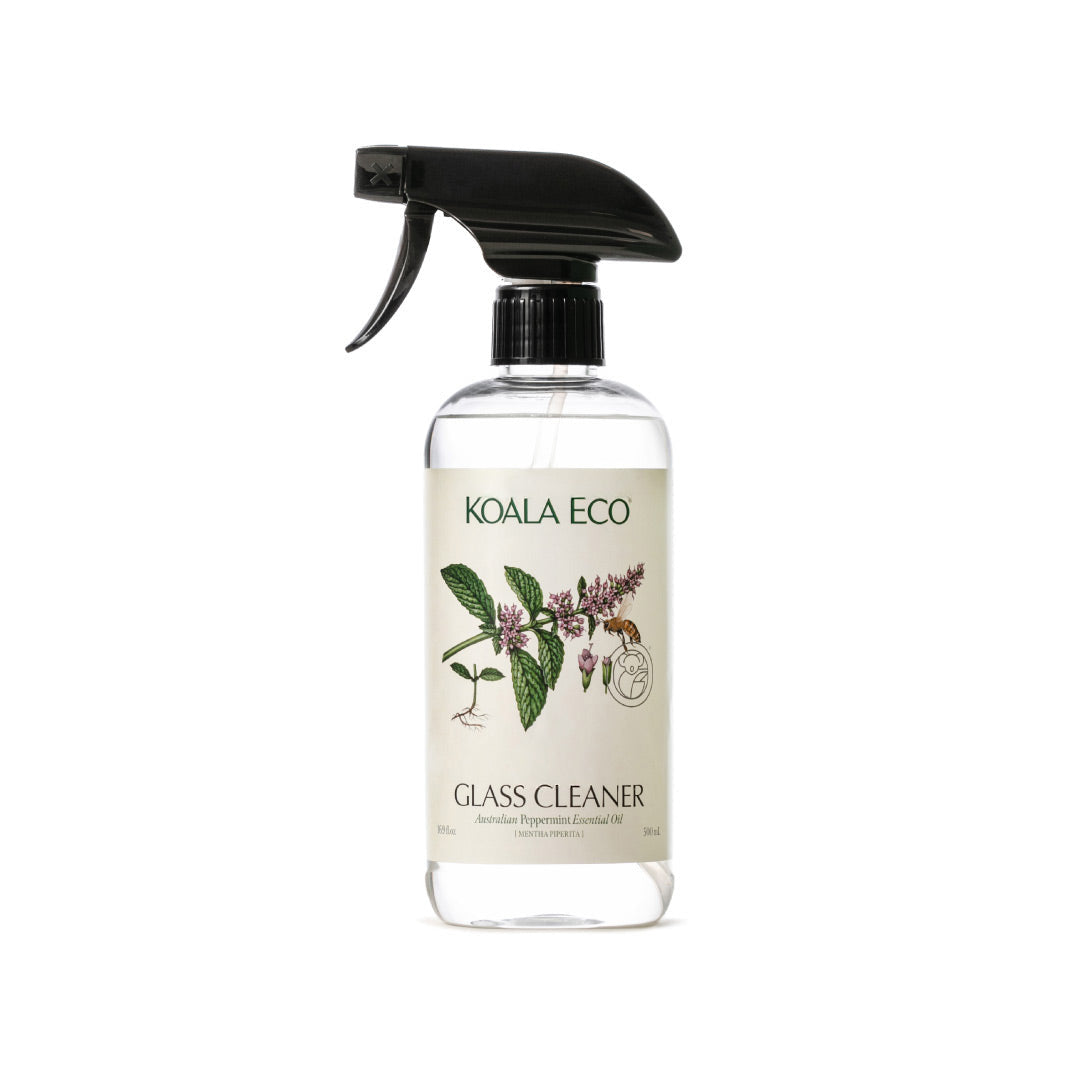
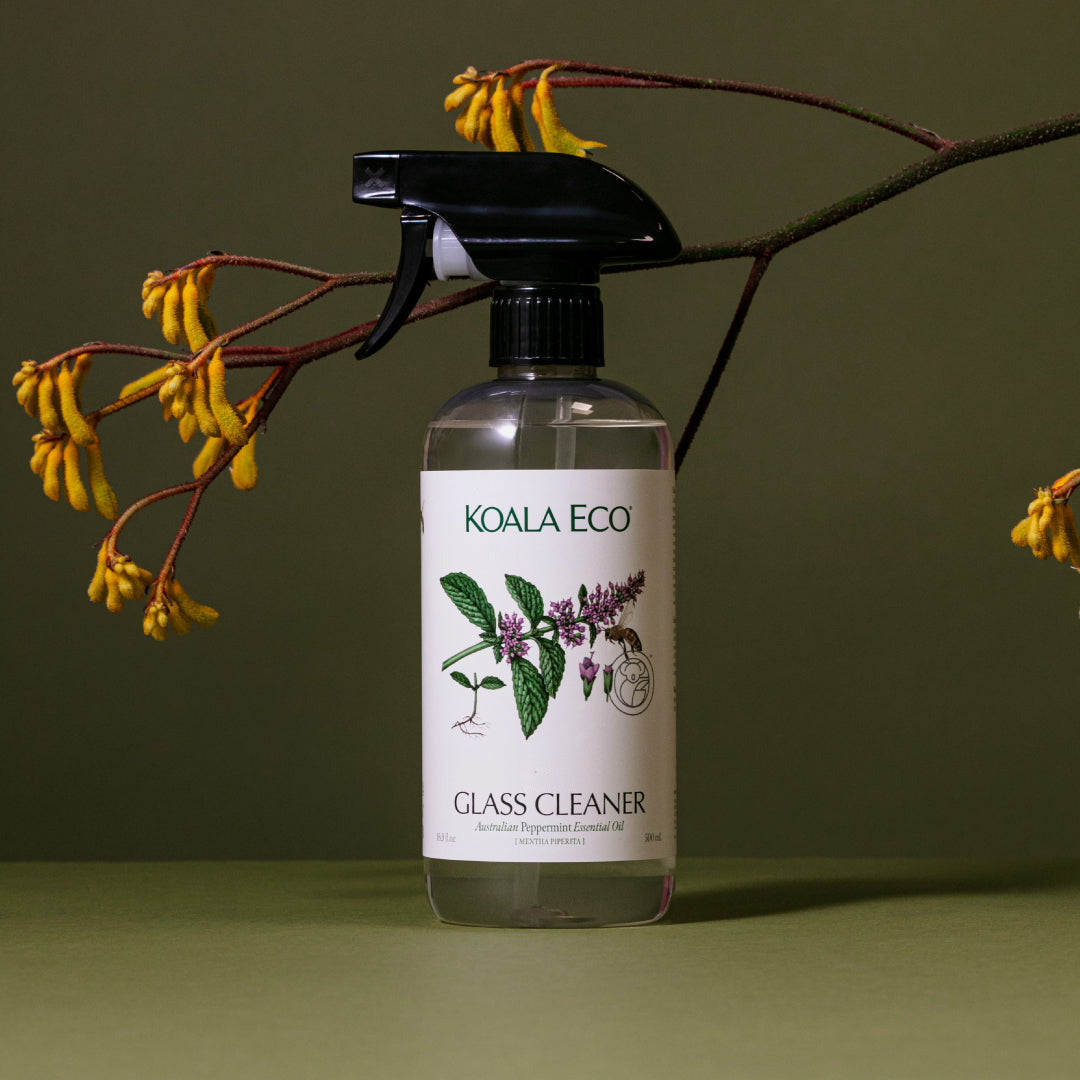
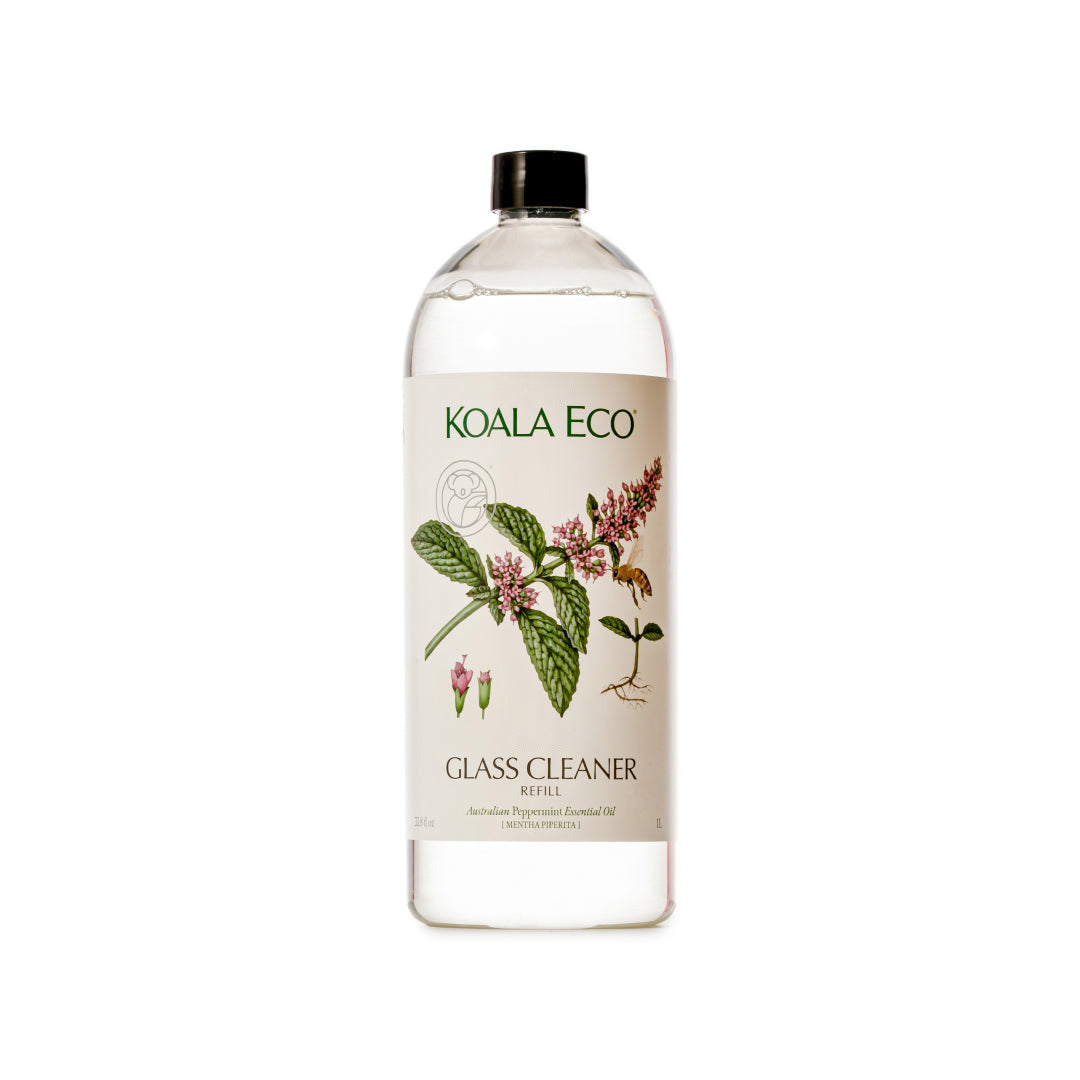


![The Sunday Reset - Inspired by Mandarin [Citrus reticulata]](http://usa-koala-eco.myshopify.com/cdn/shop/articles/KoalaEco-2025-Sunday_Reset-Mandarin-Journal_Banner_07451e10-e73f-497d-989d-2606a2864abf.jpg?v=1760498511&width=2000)